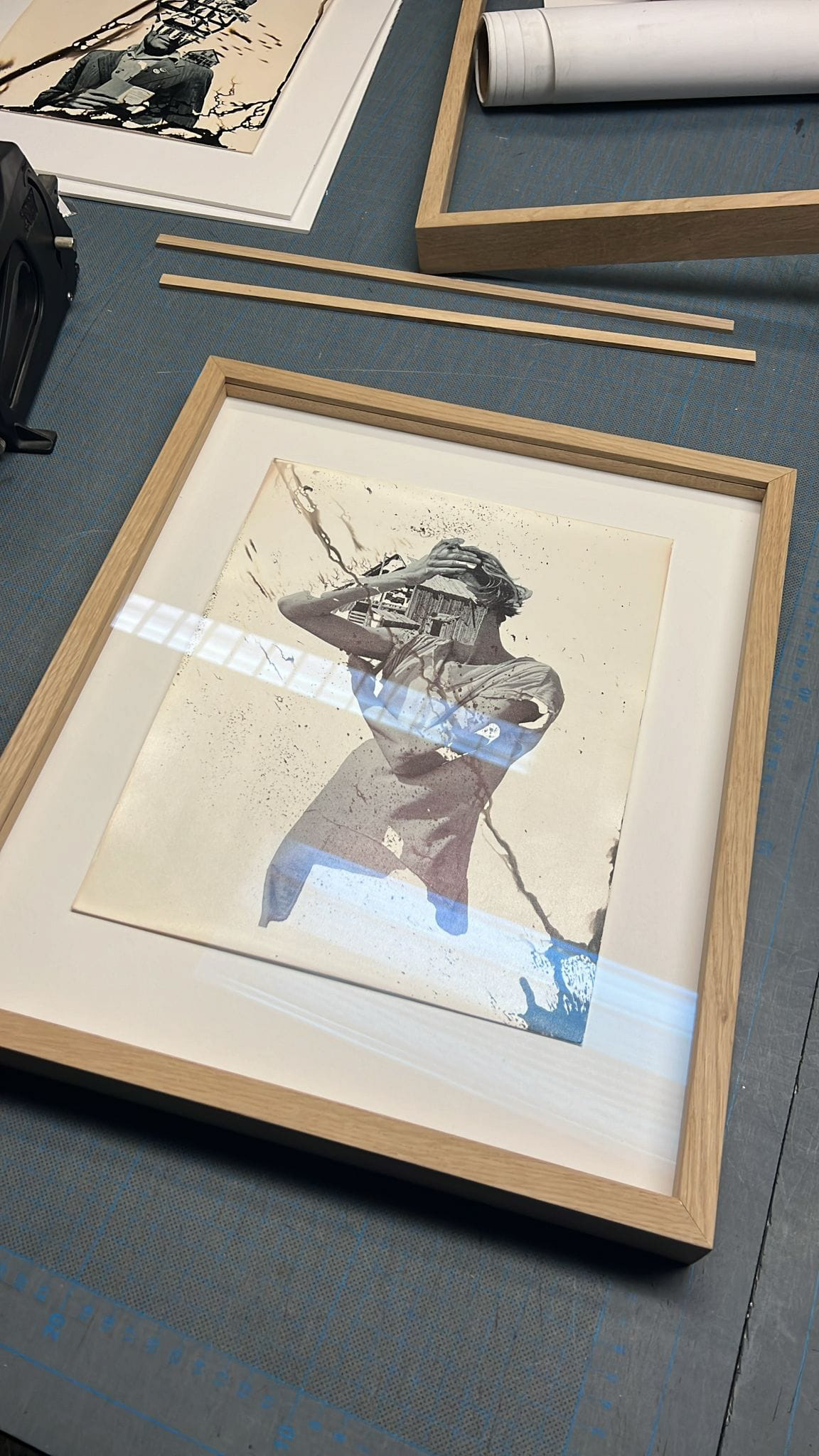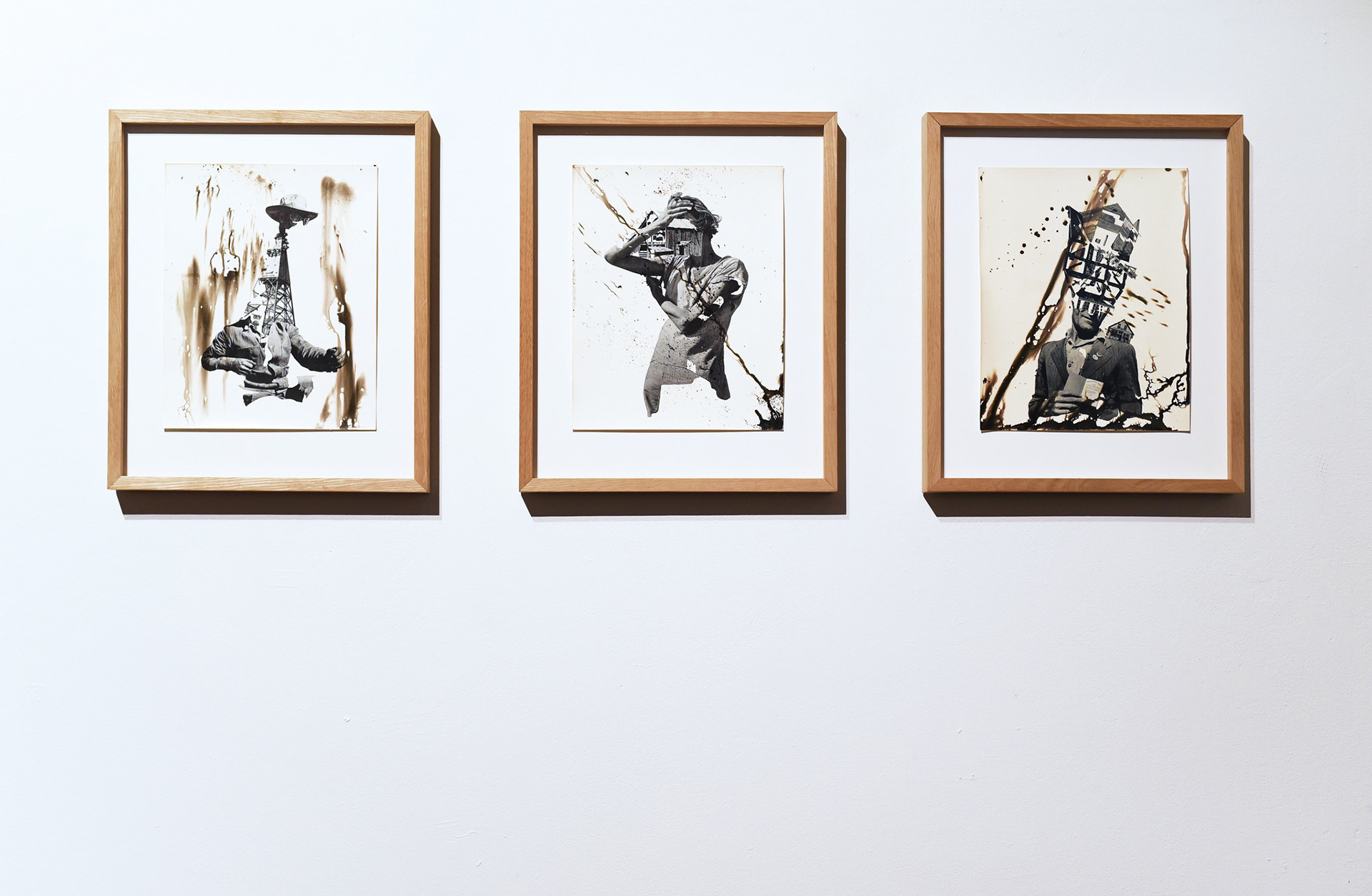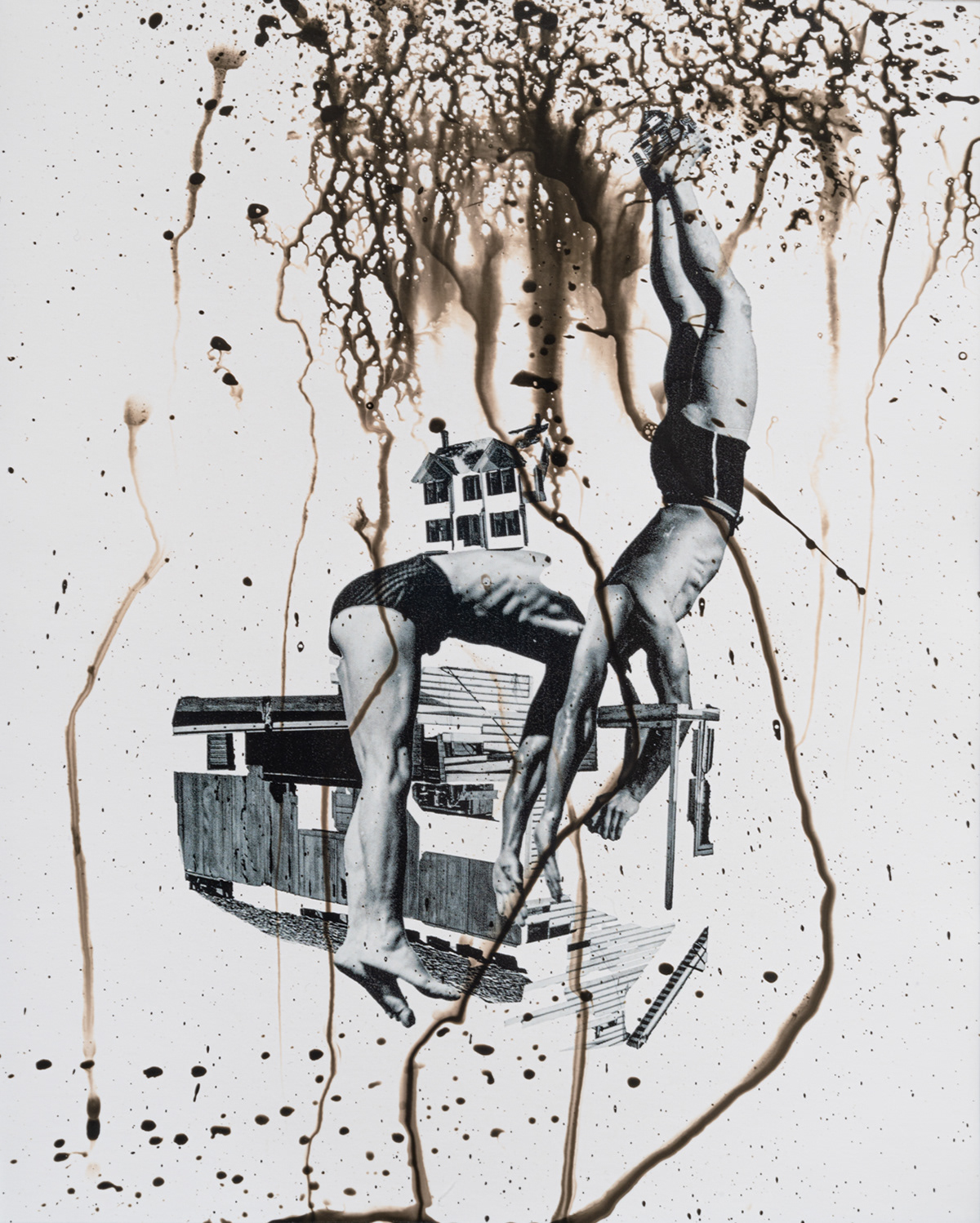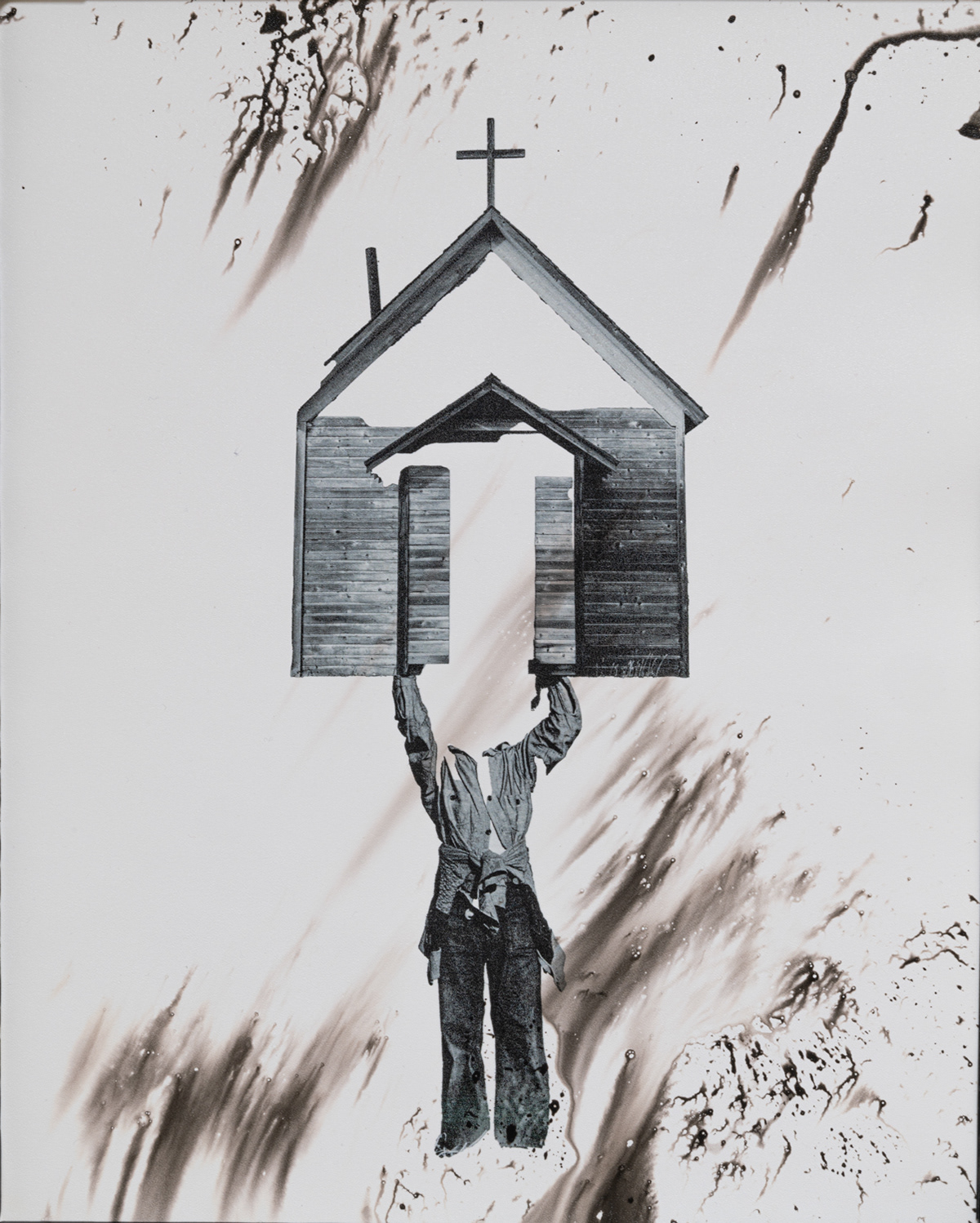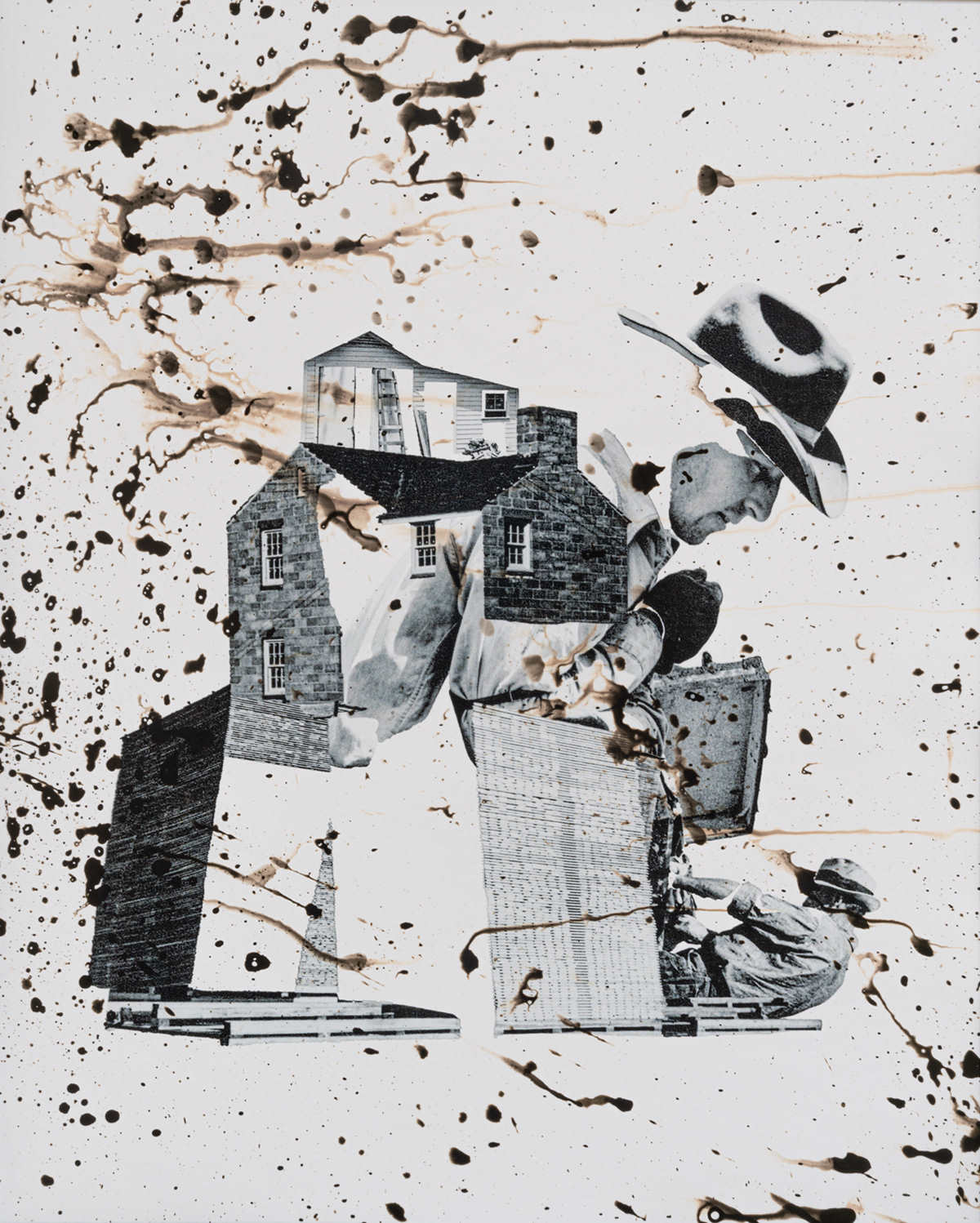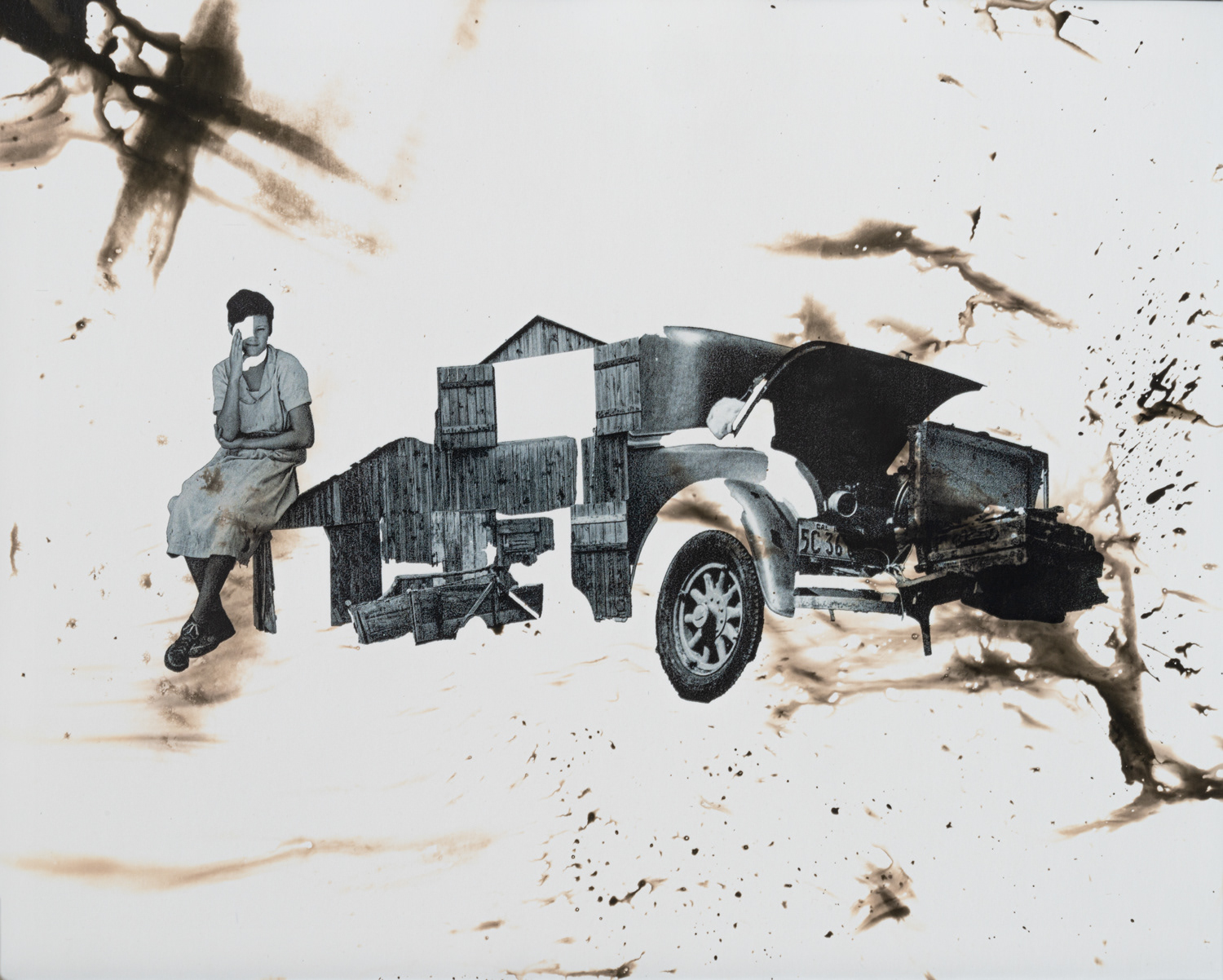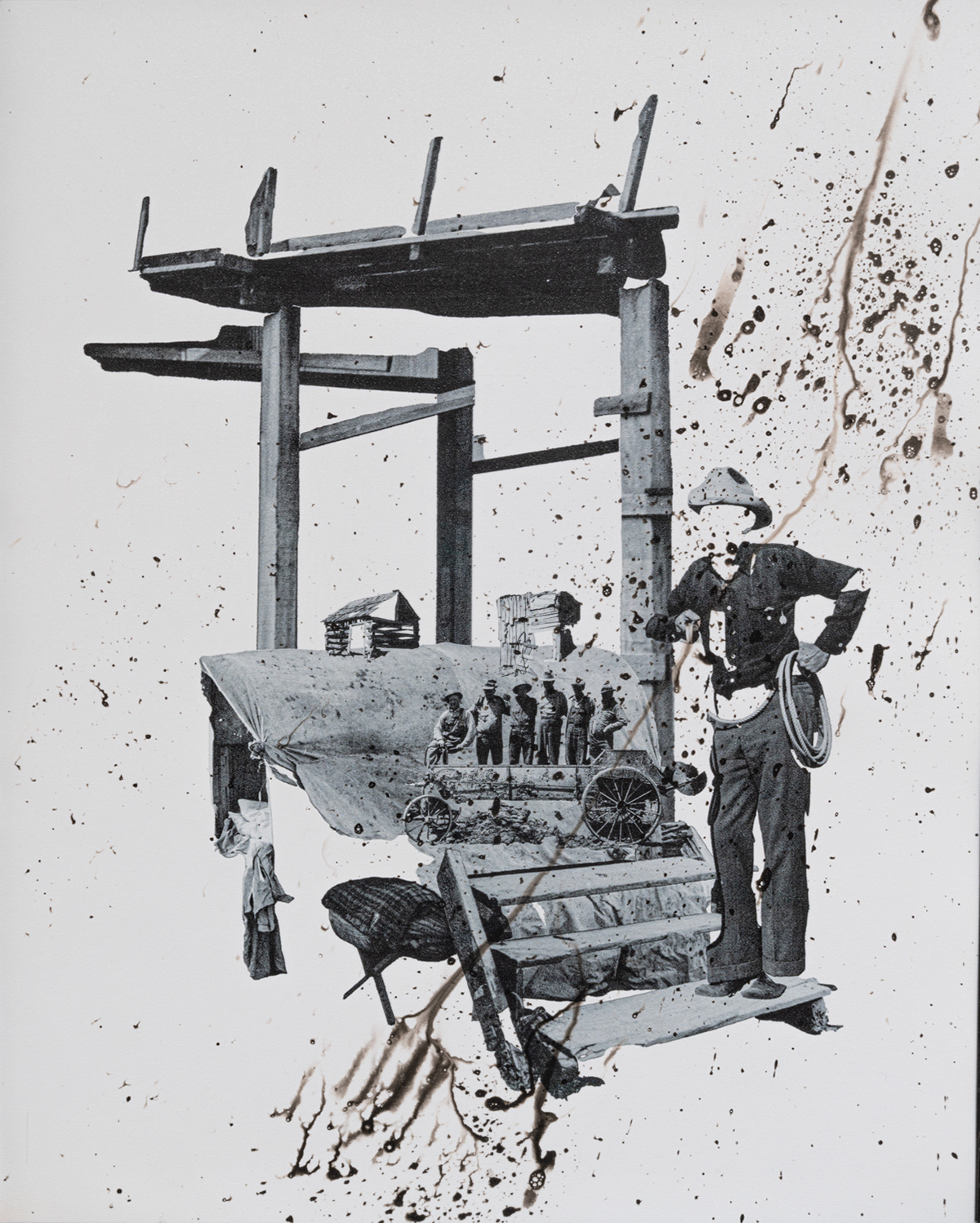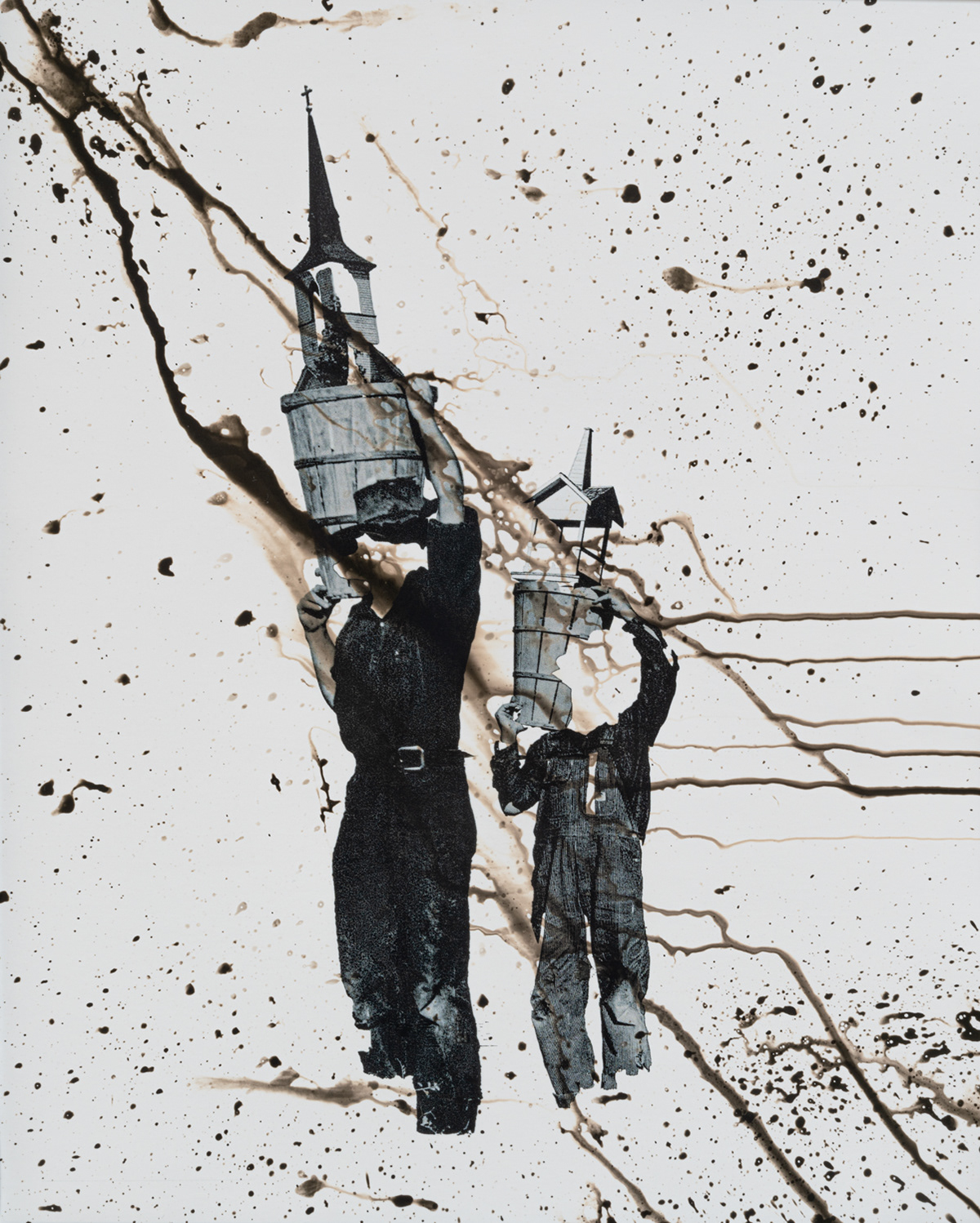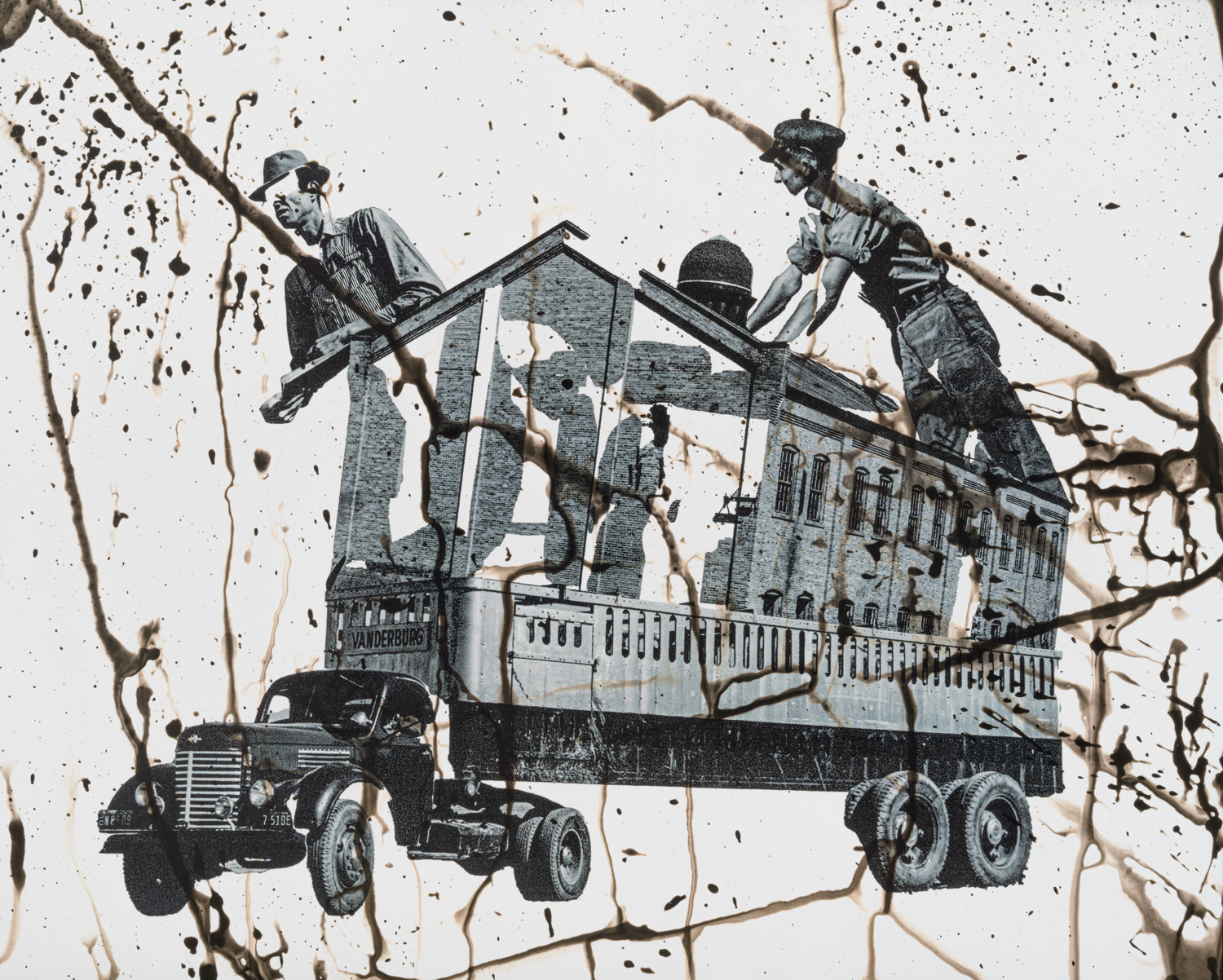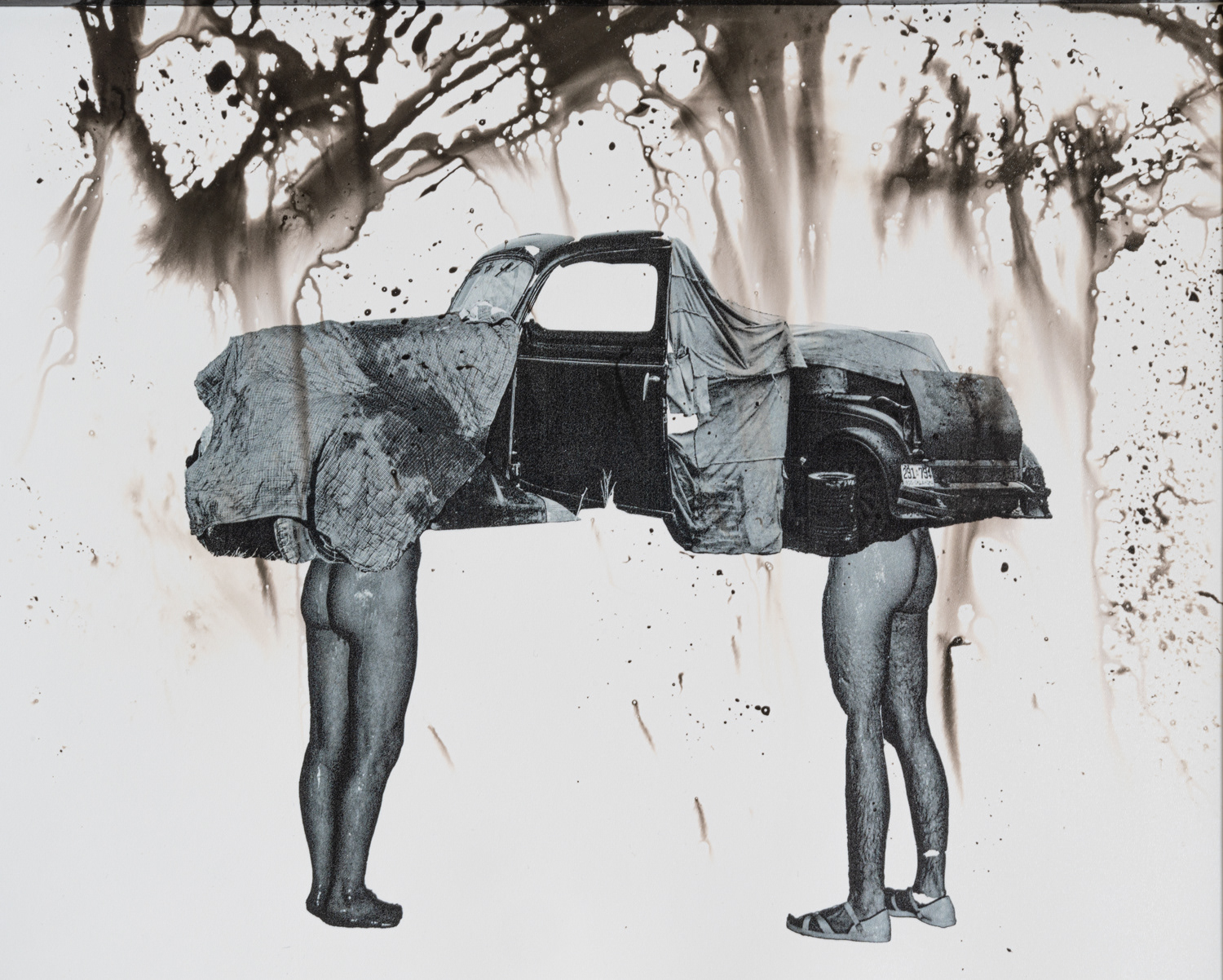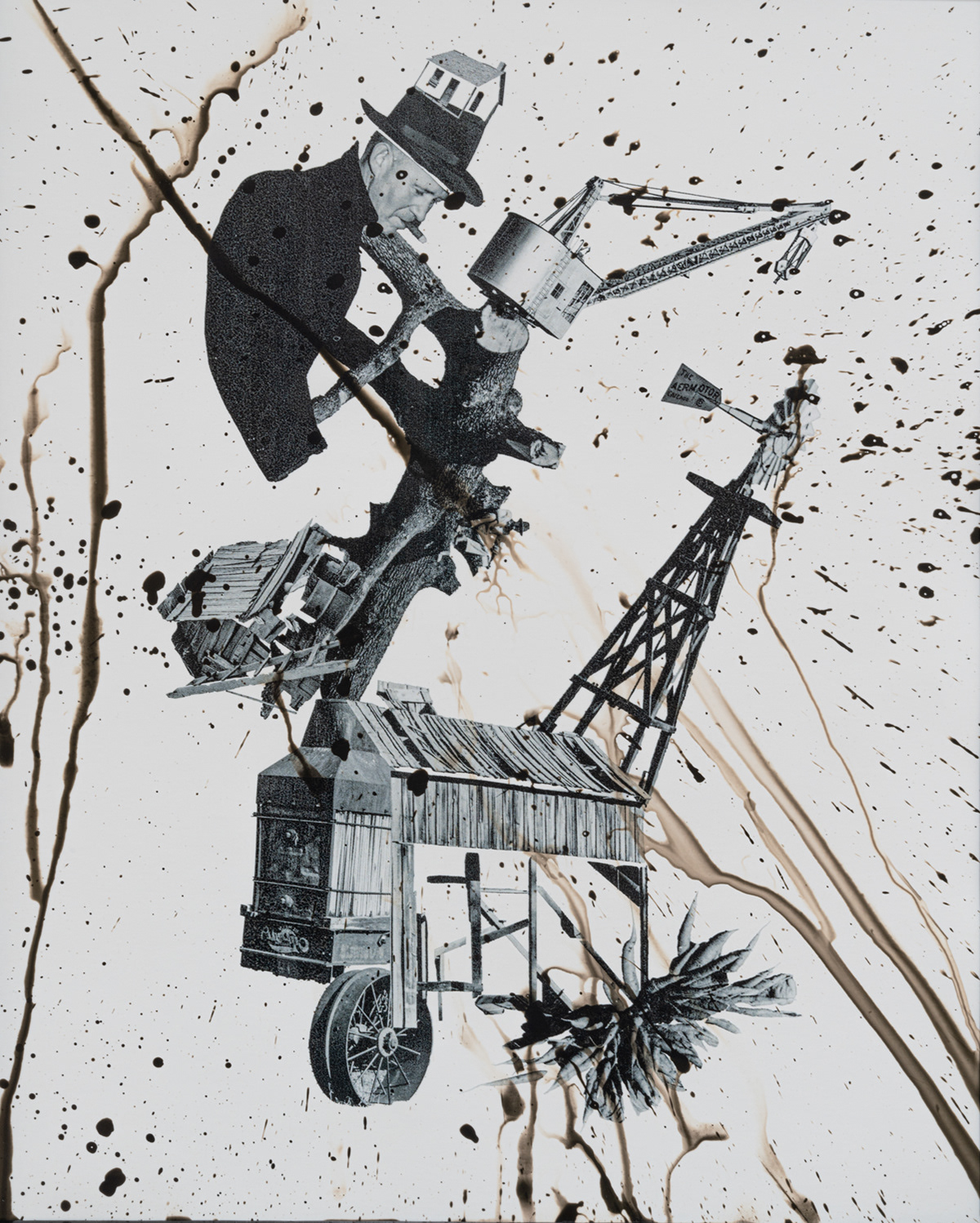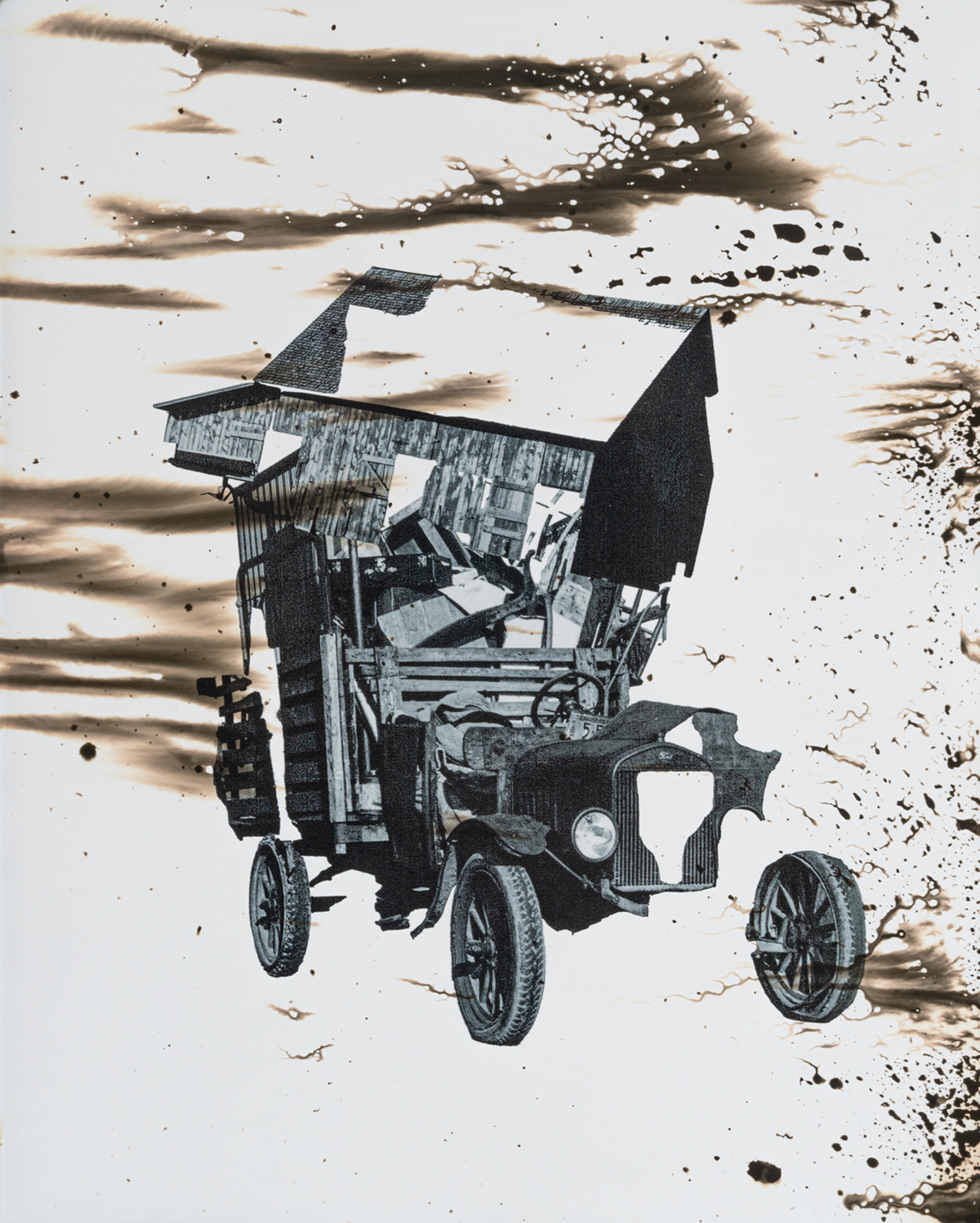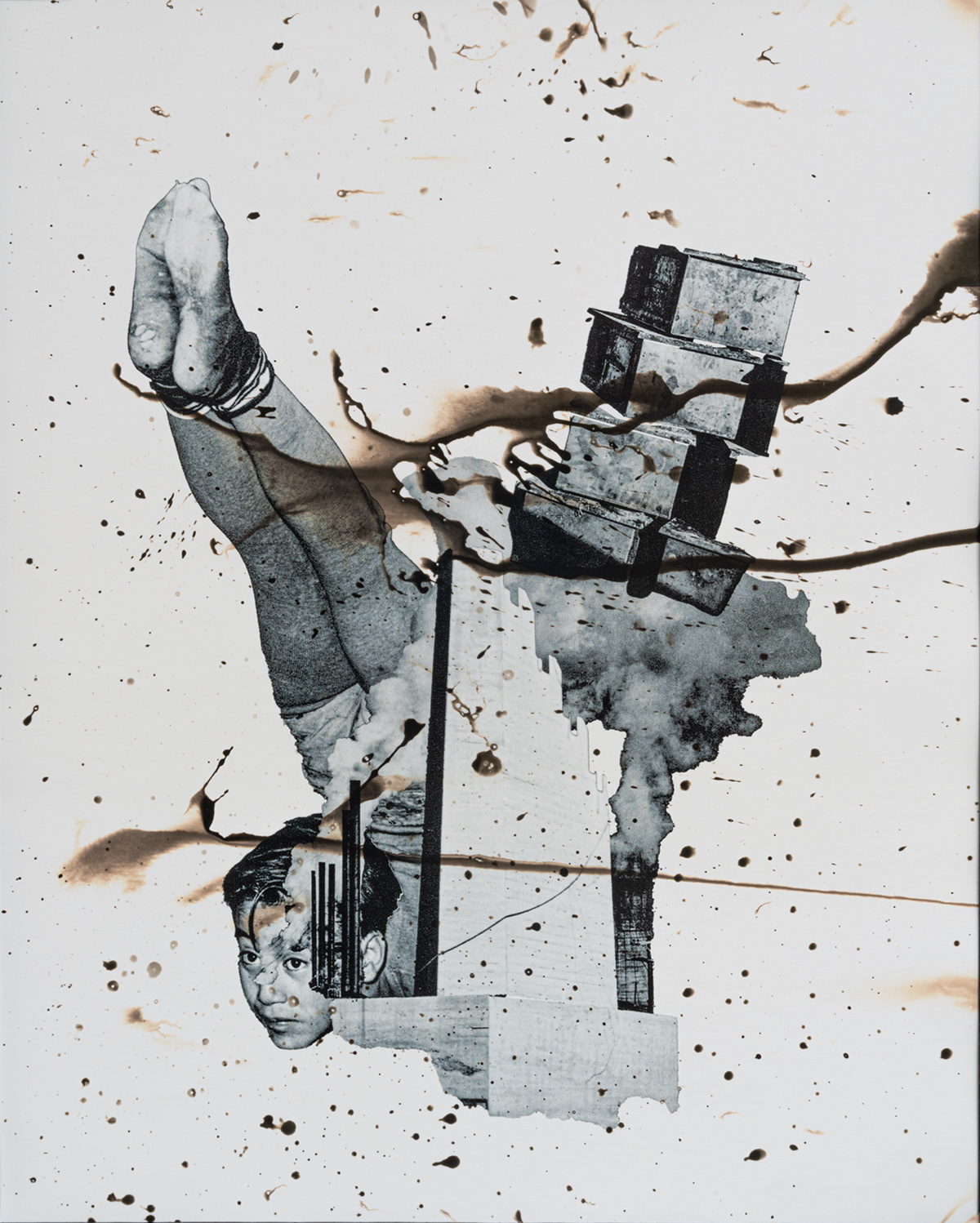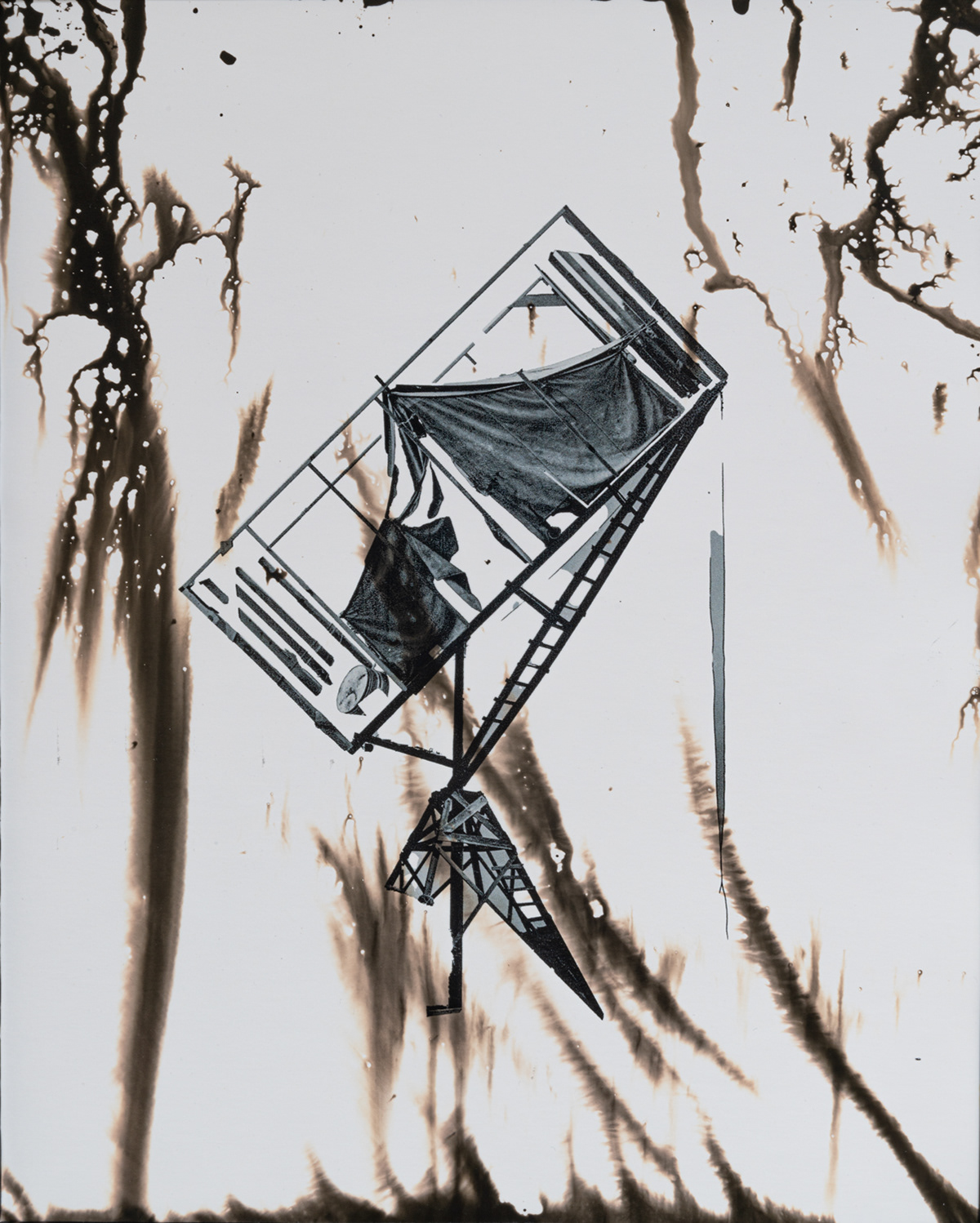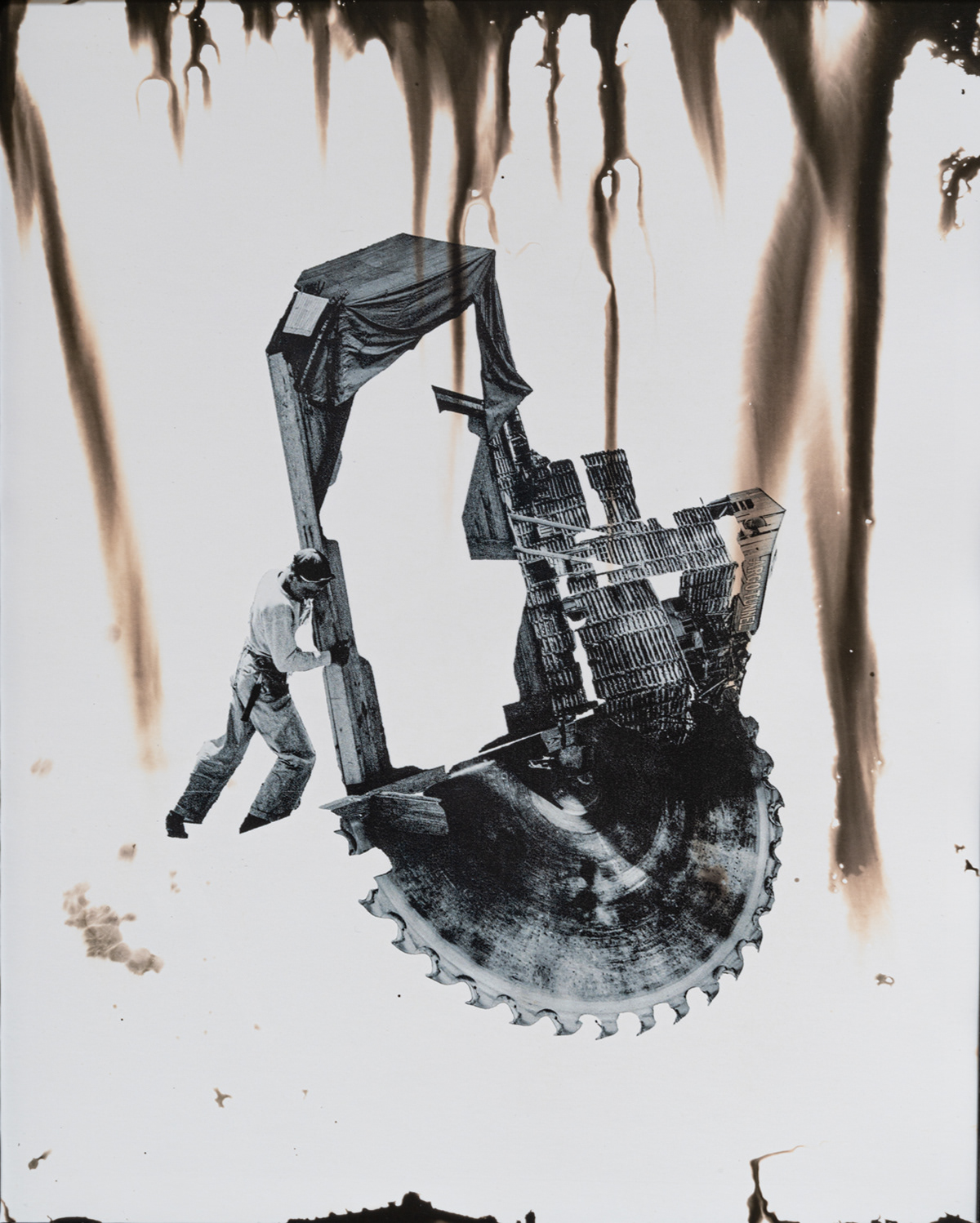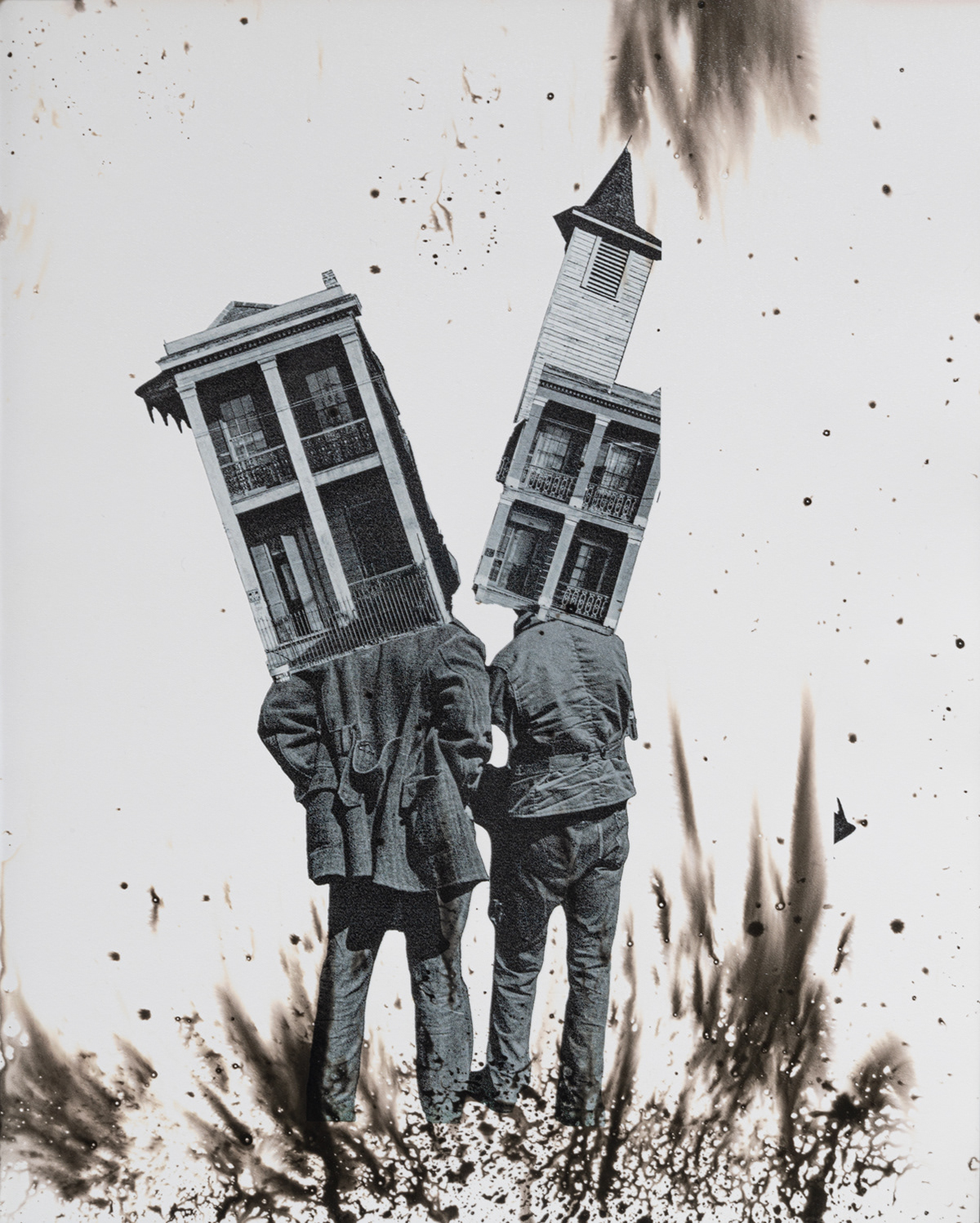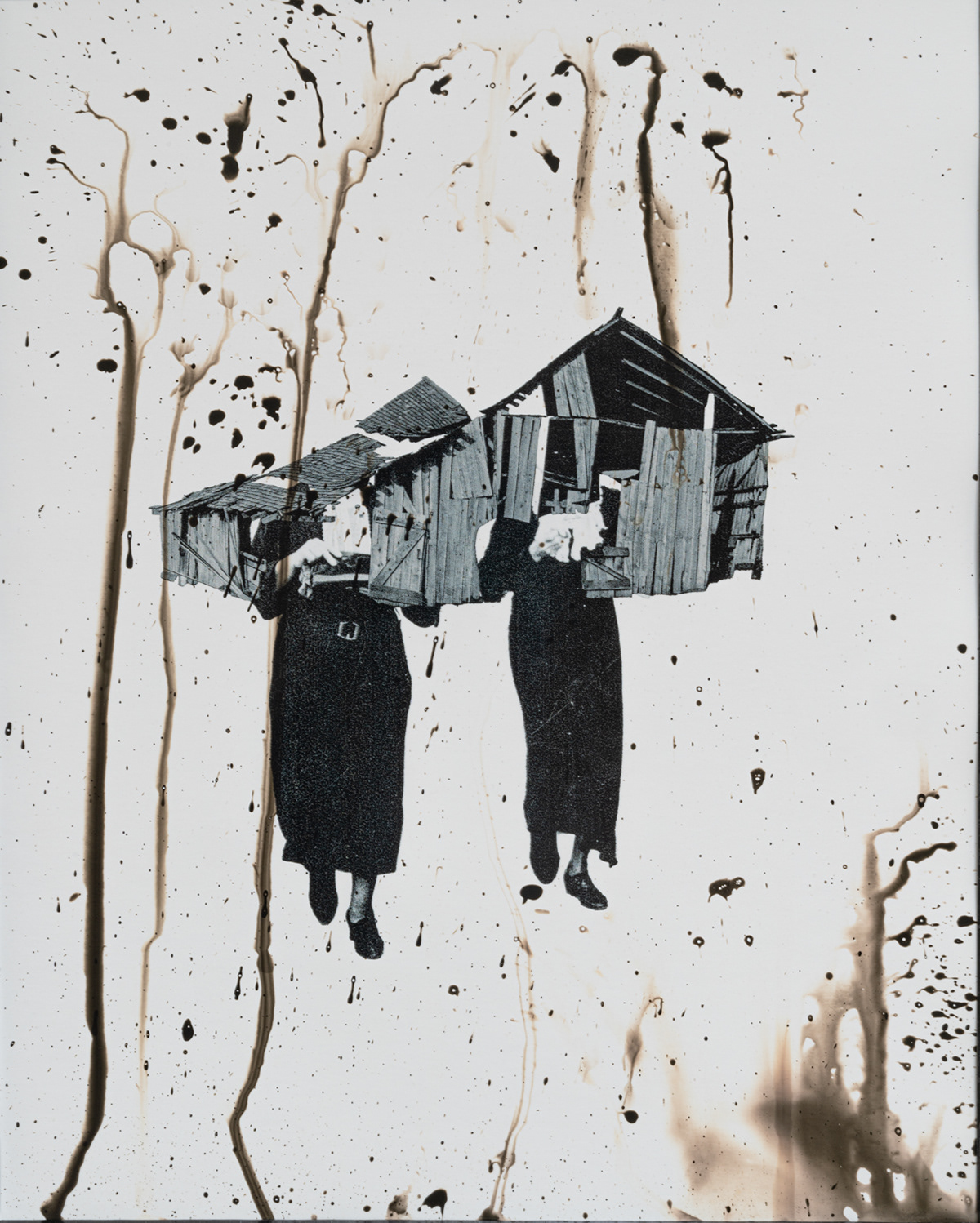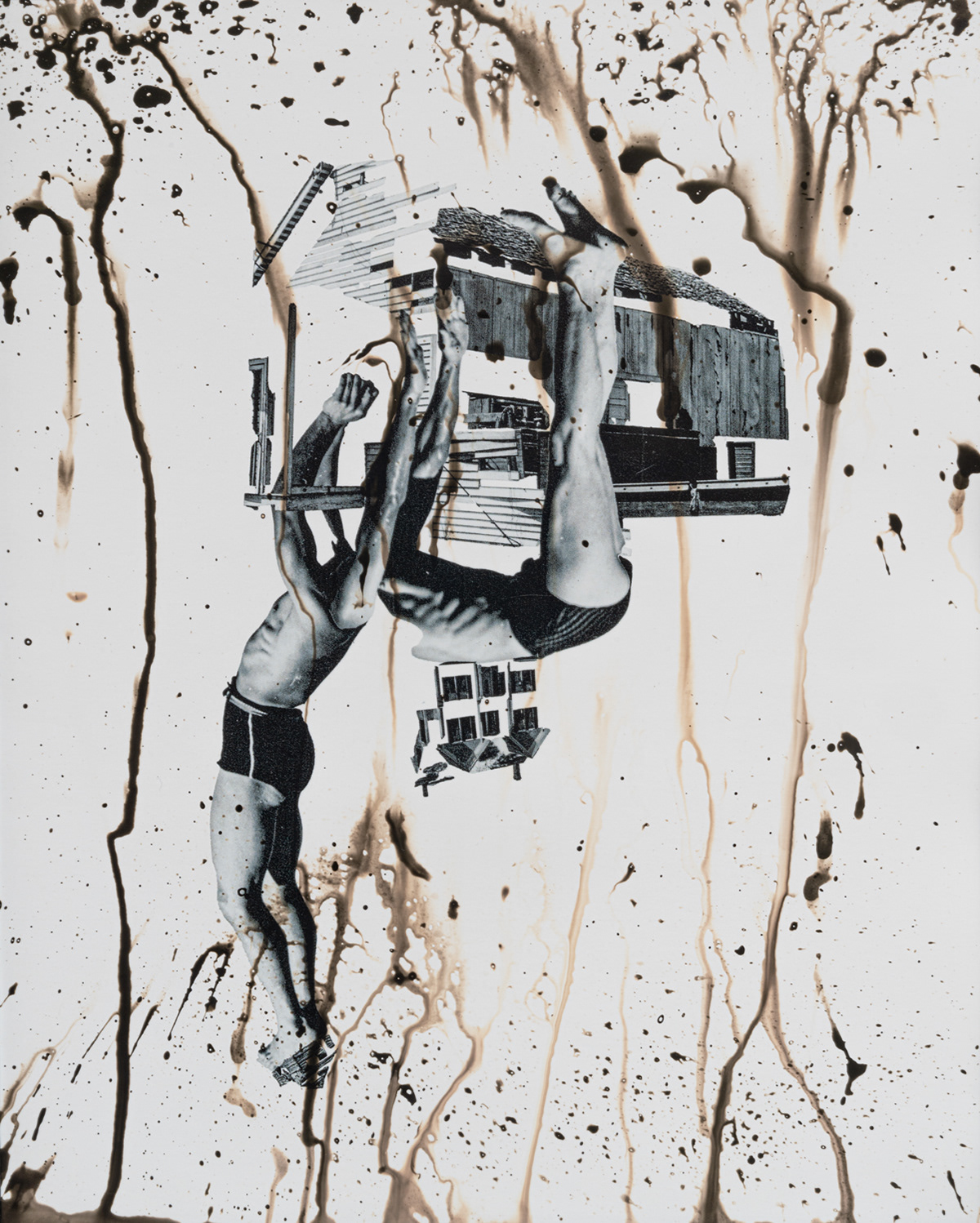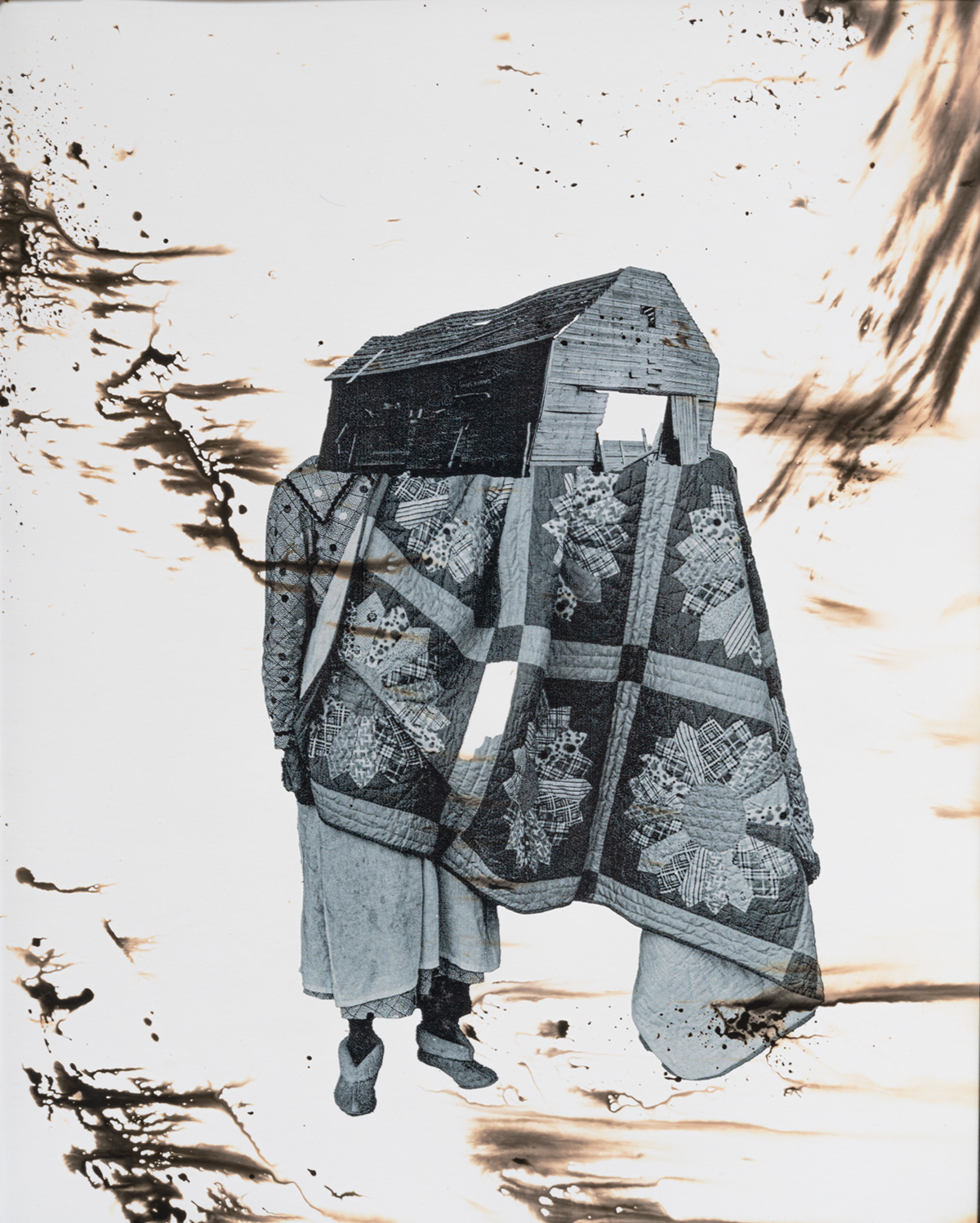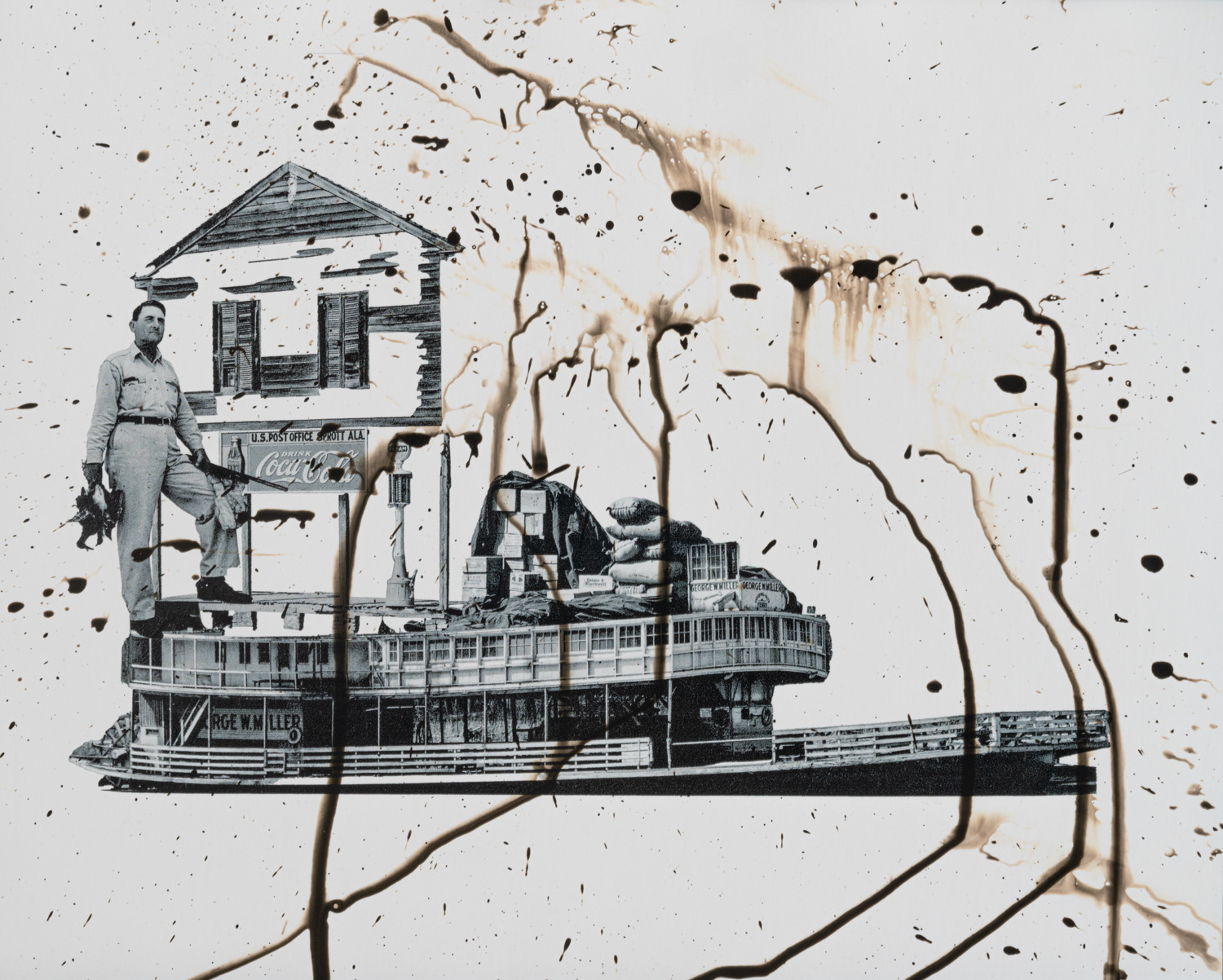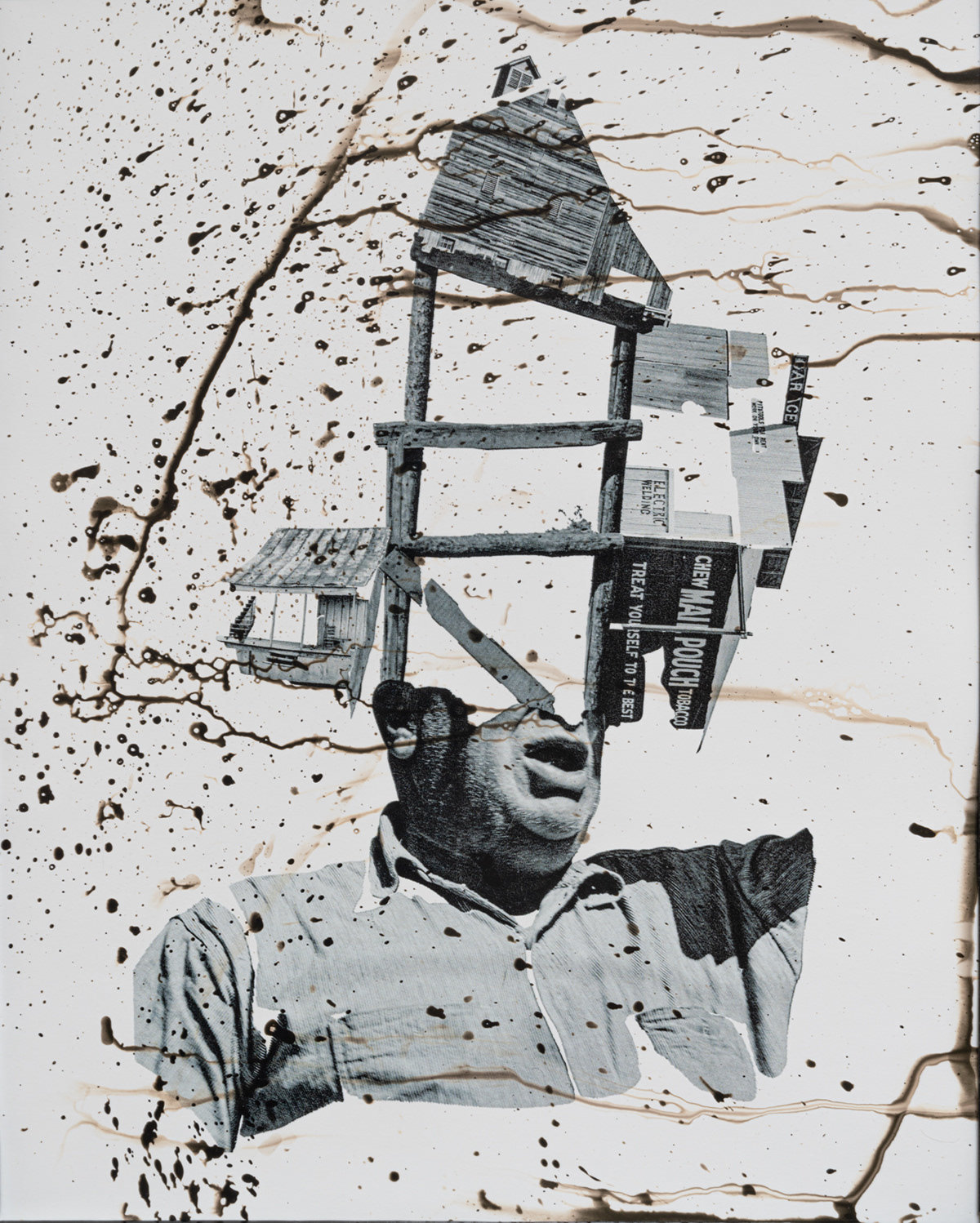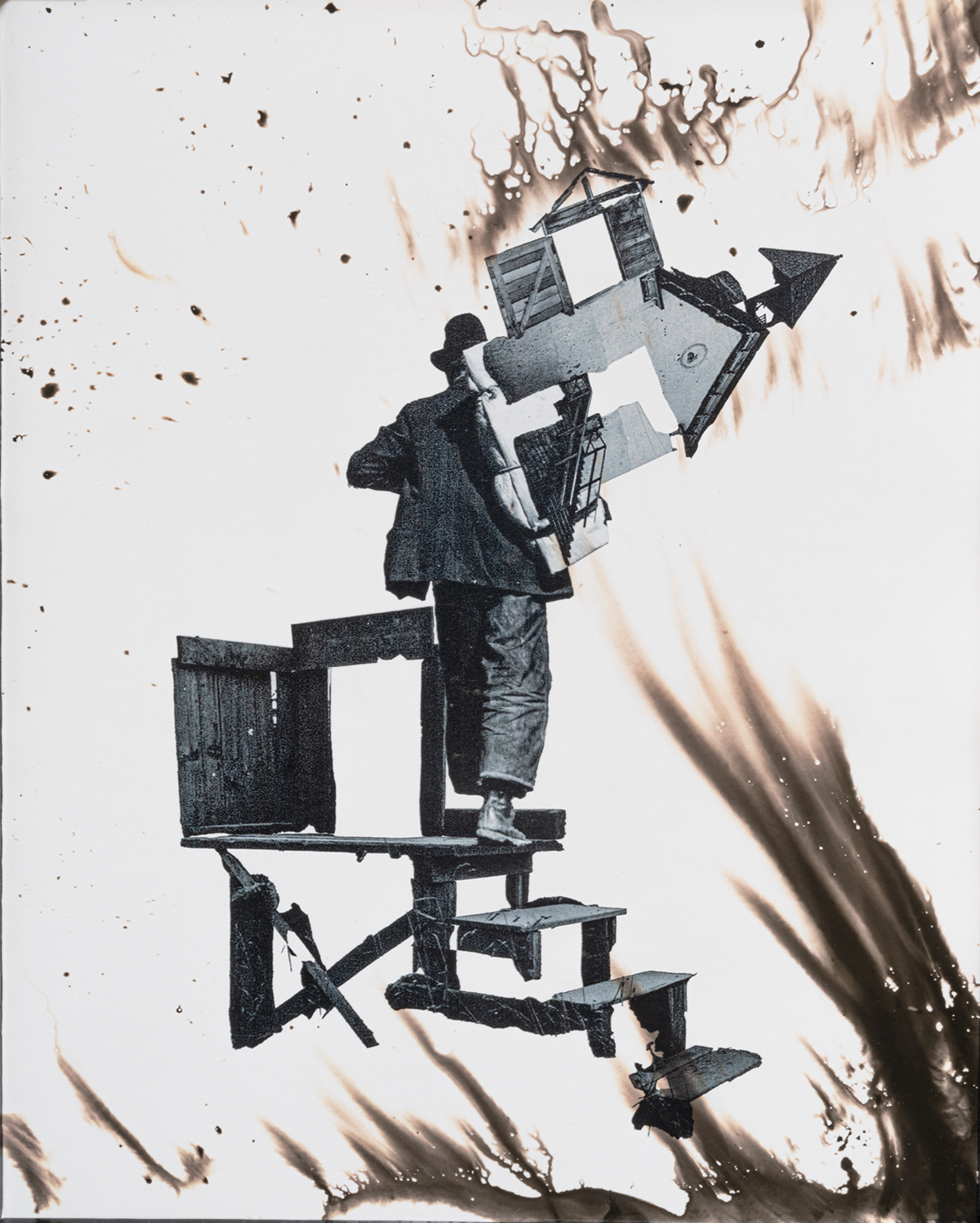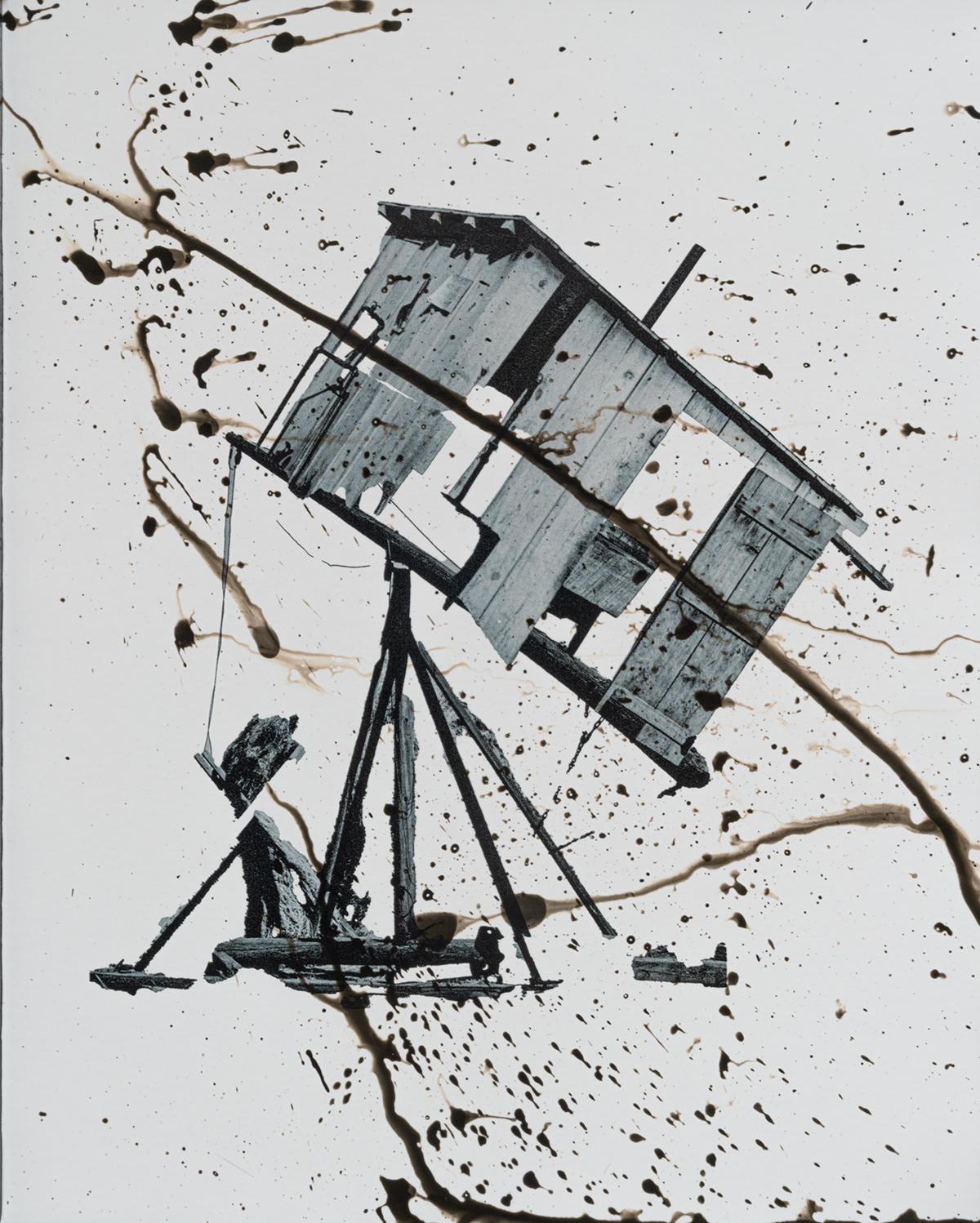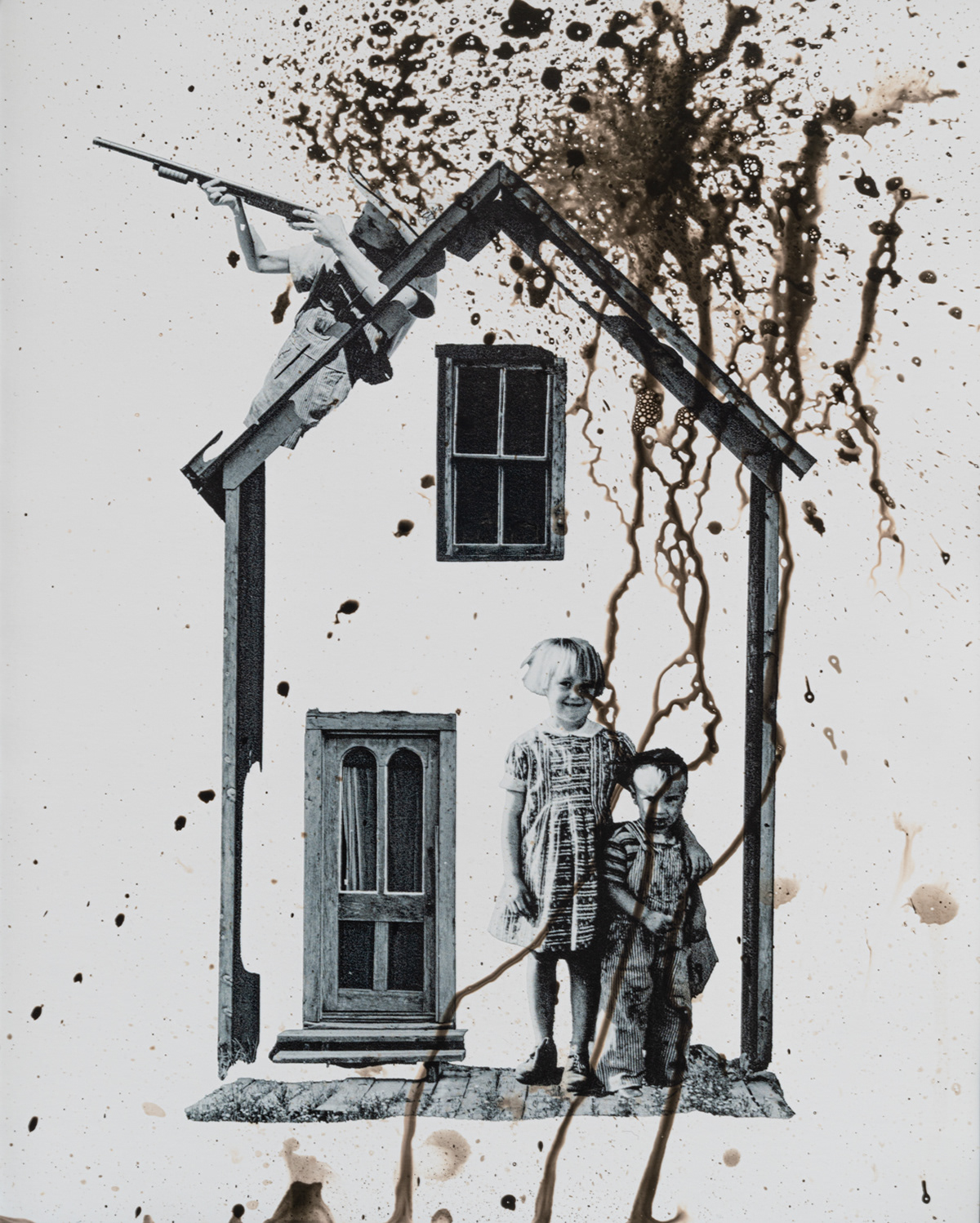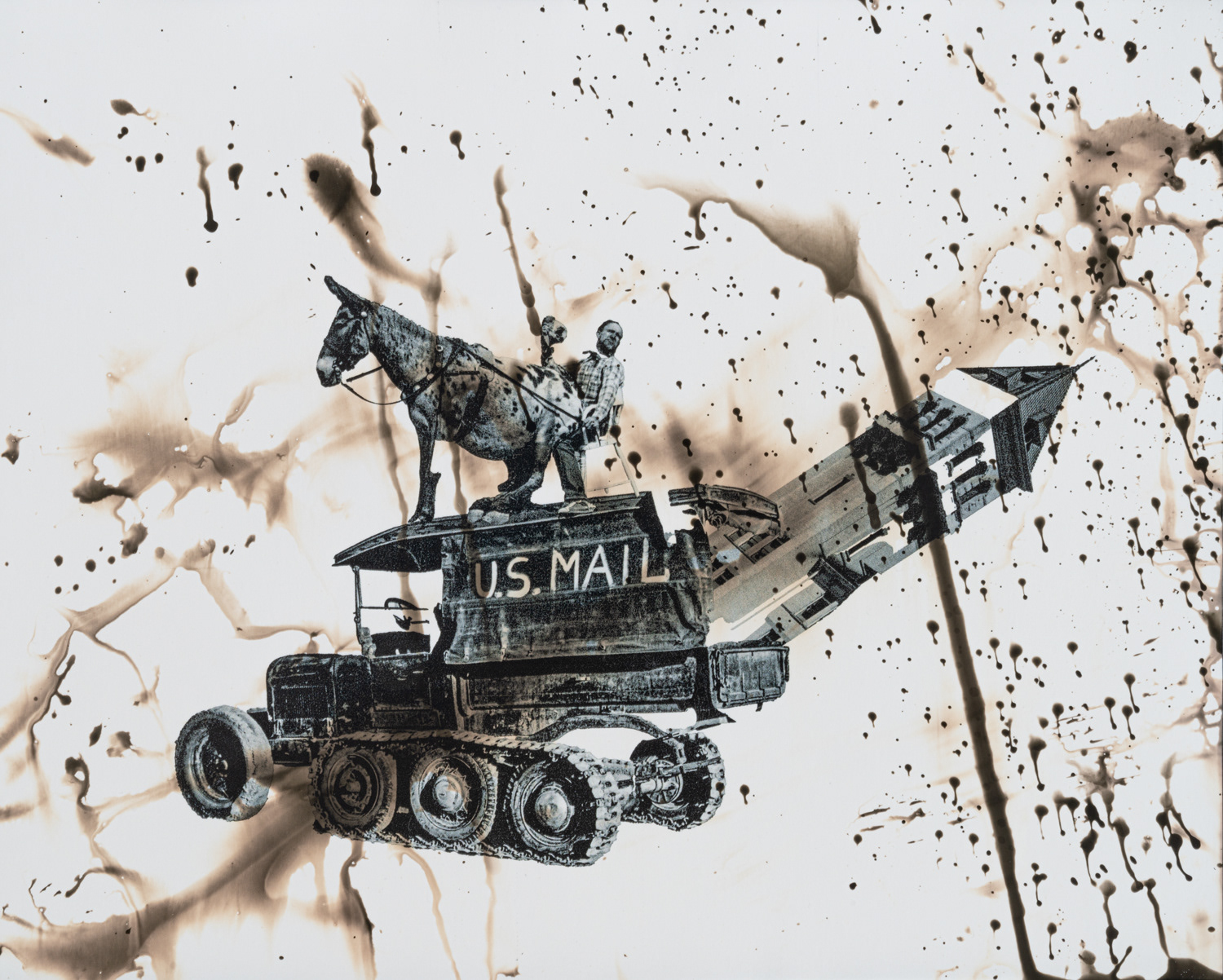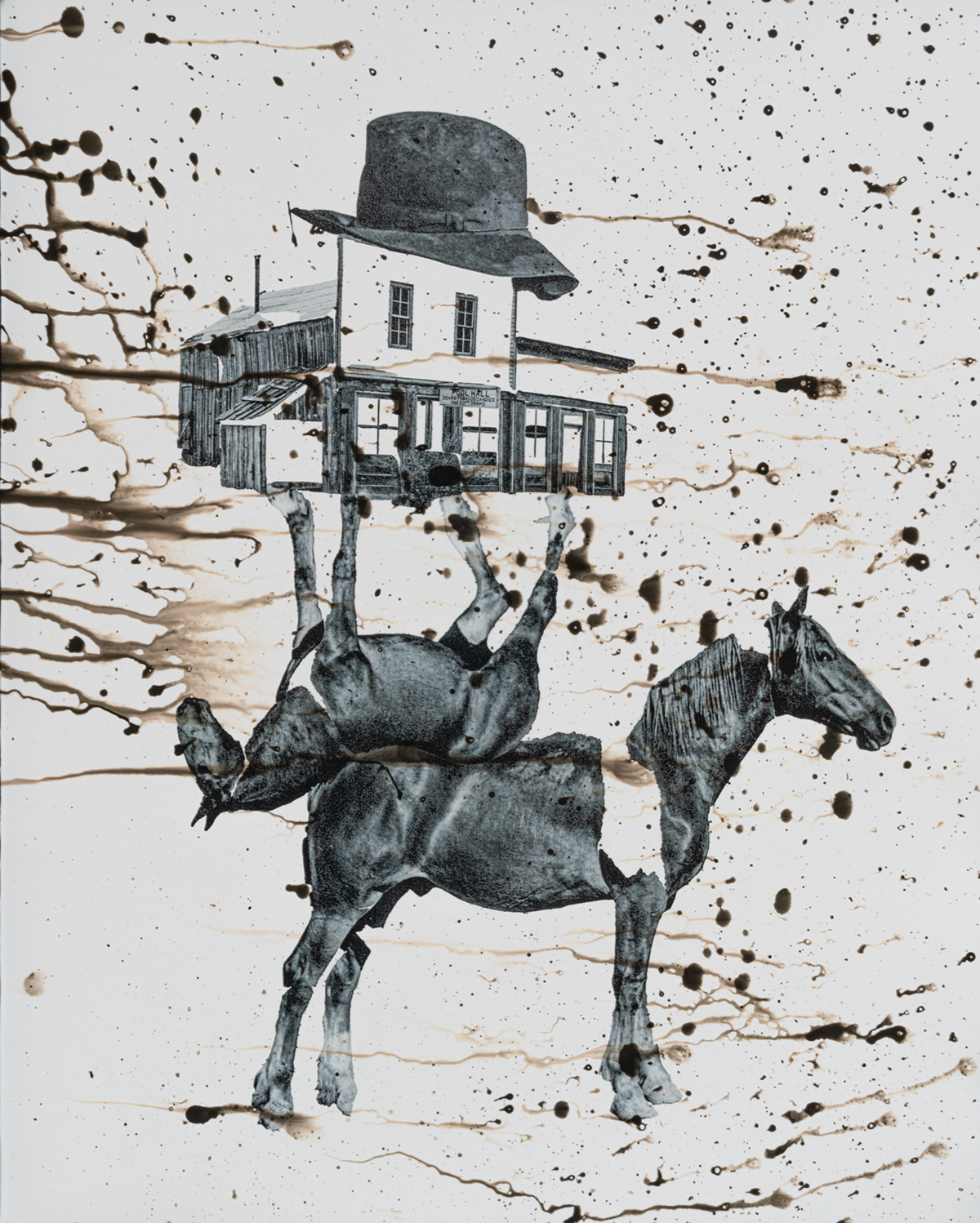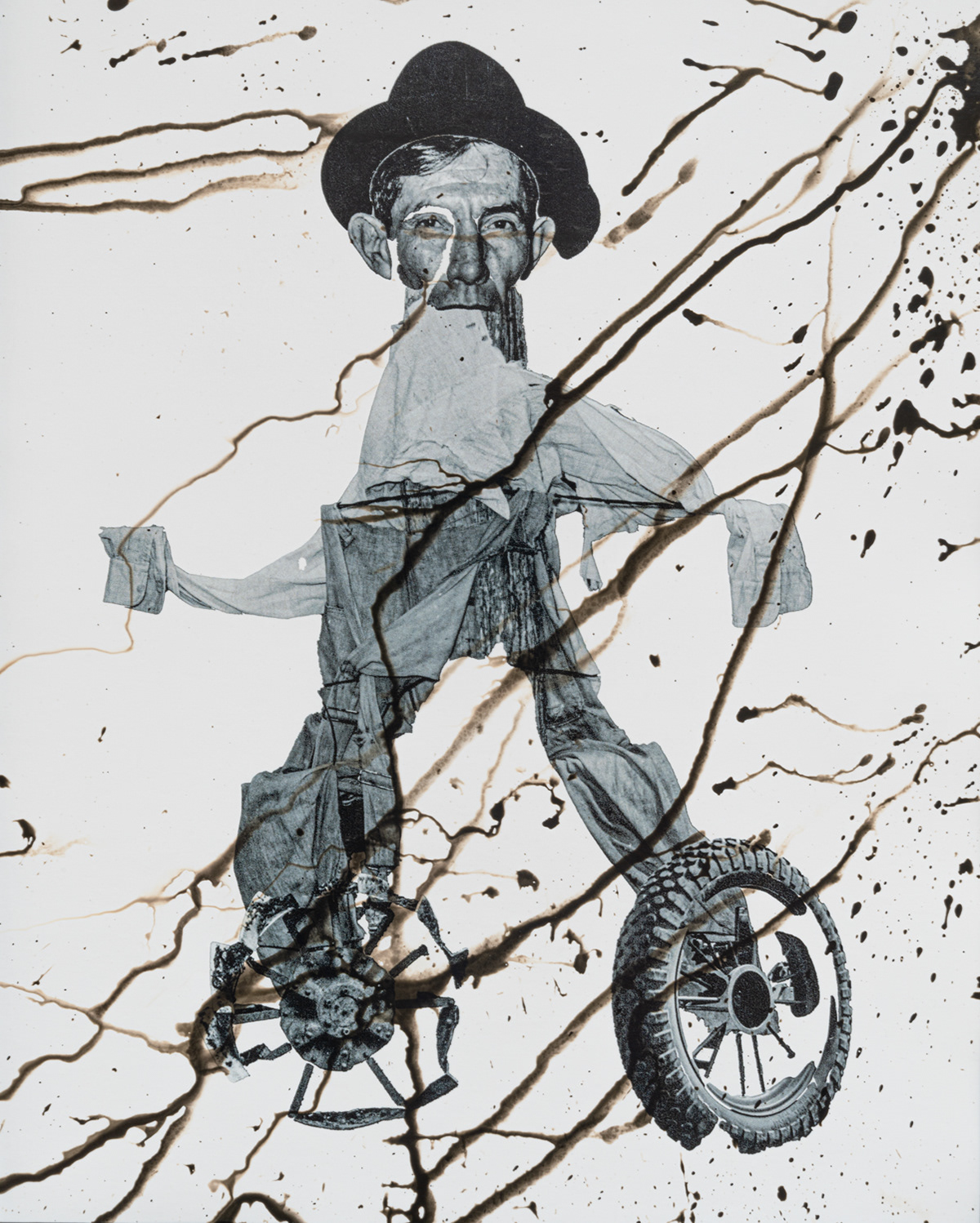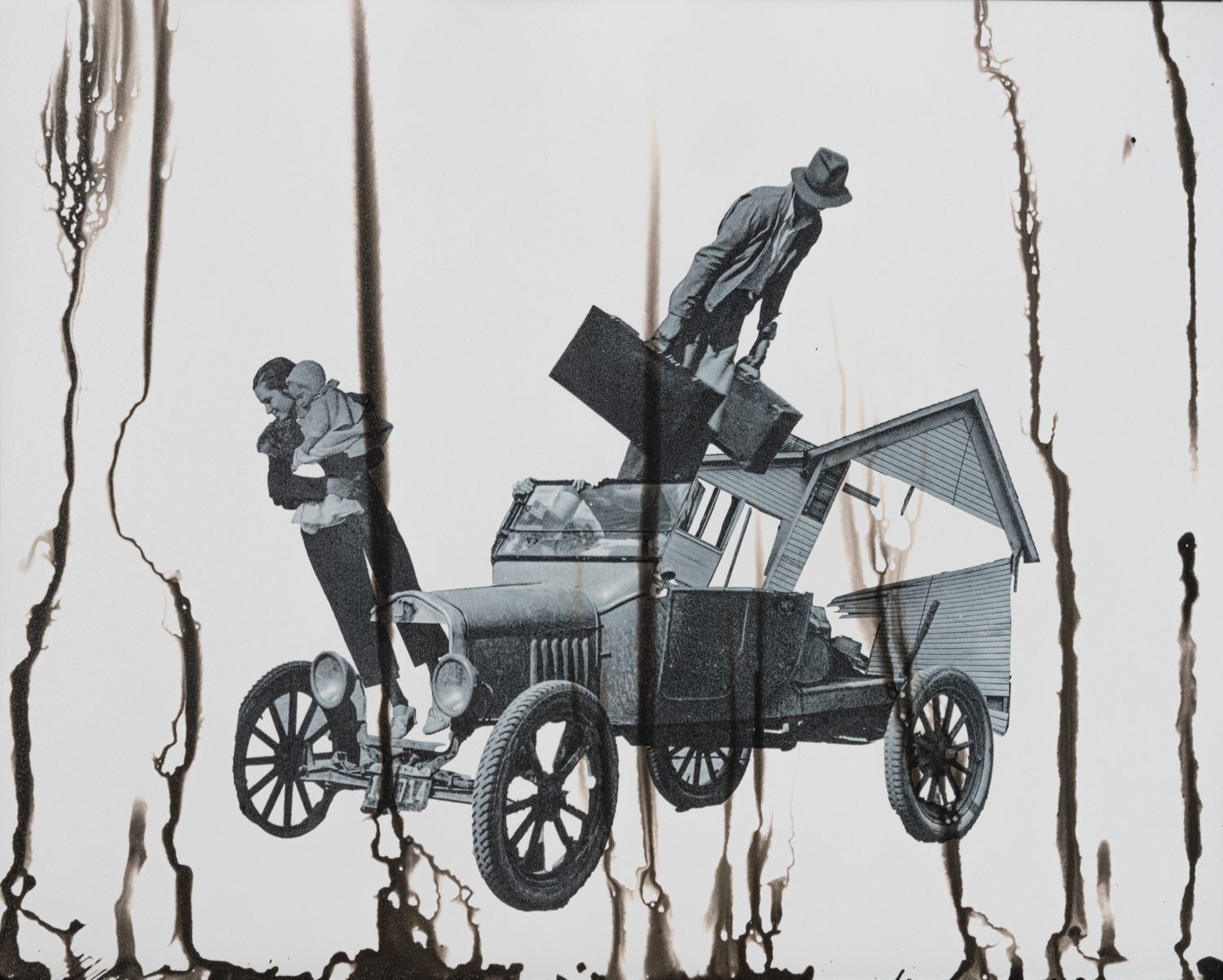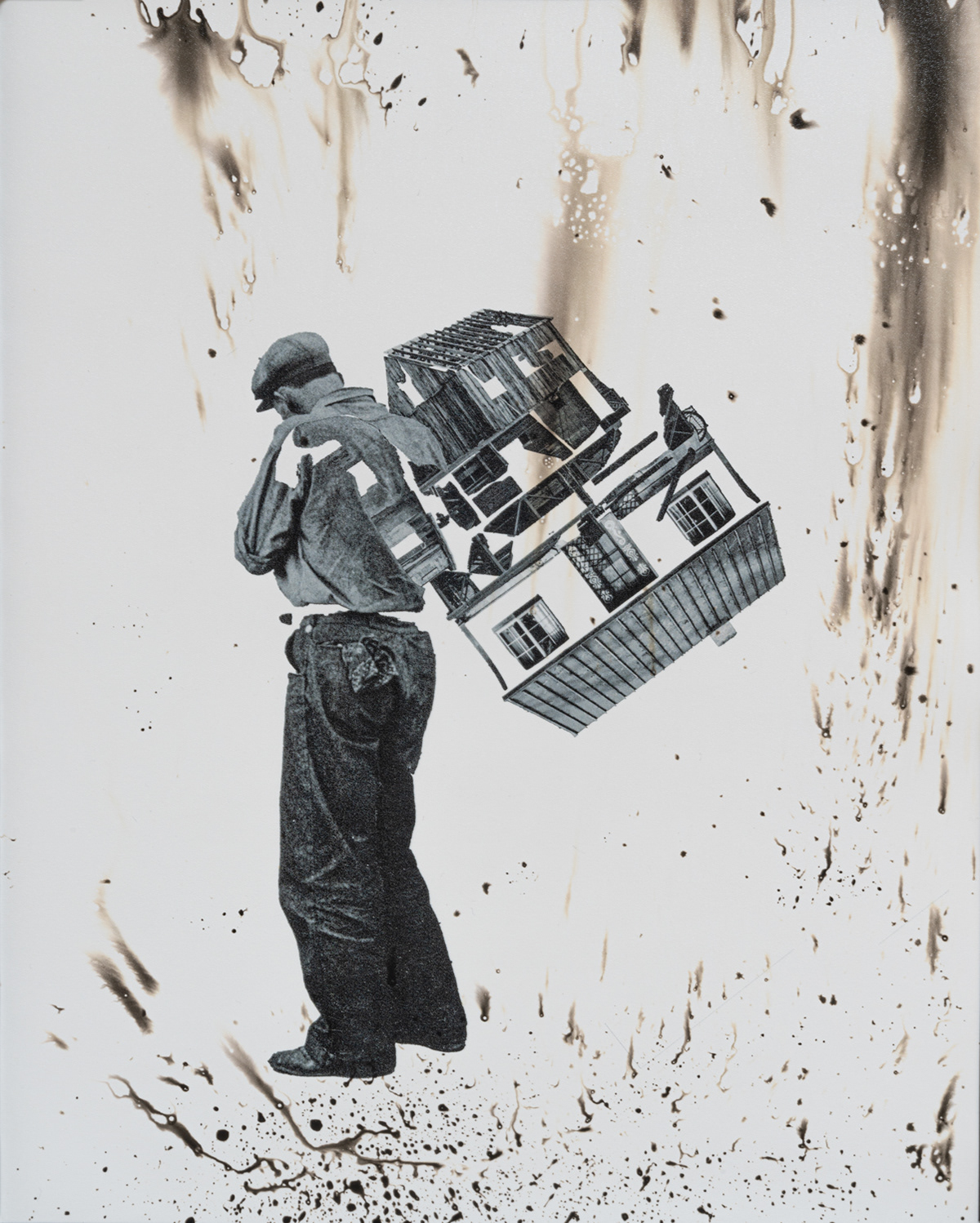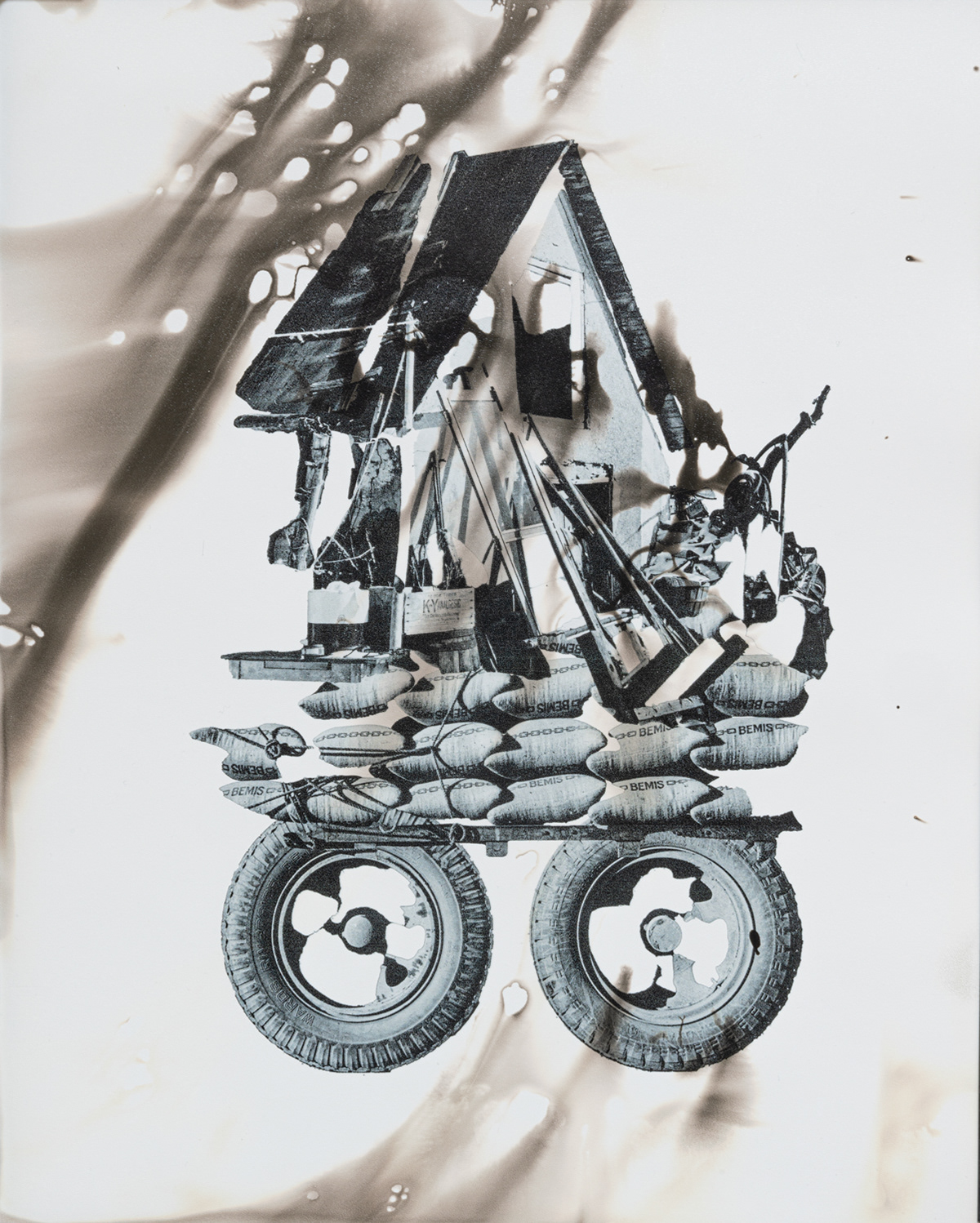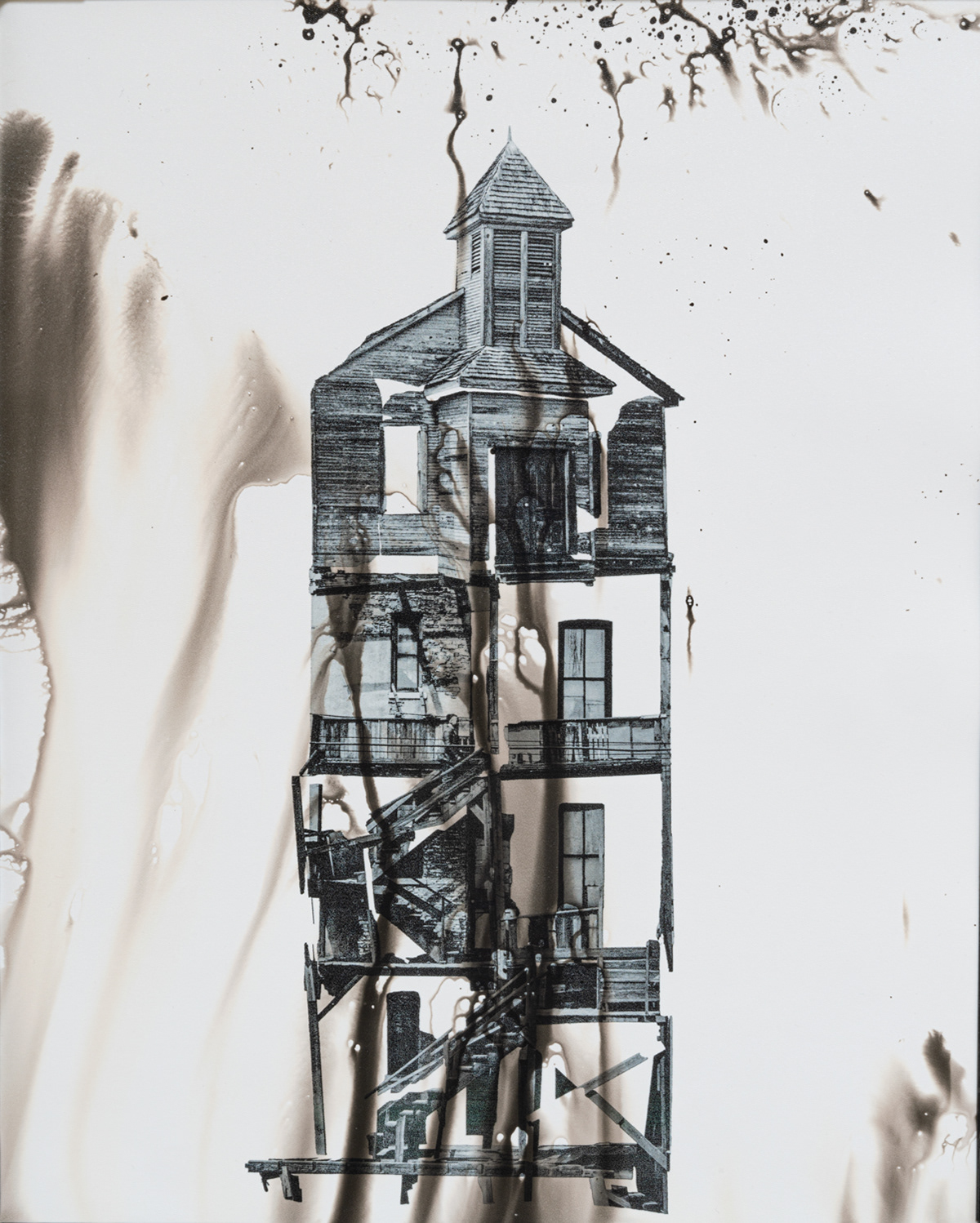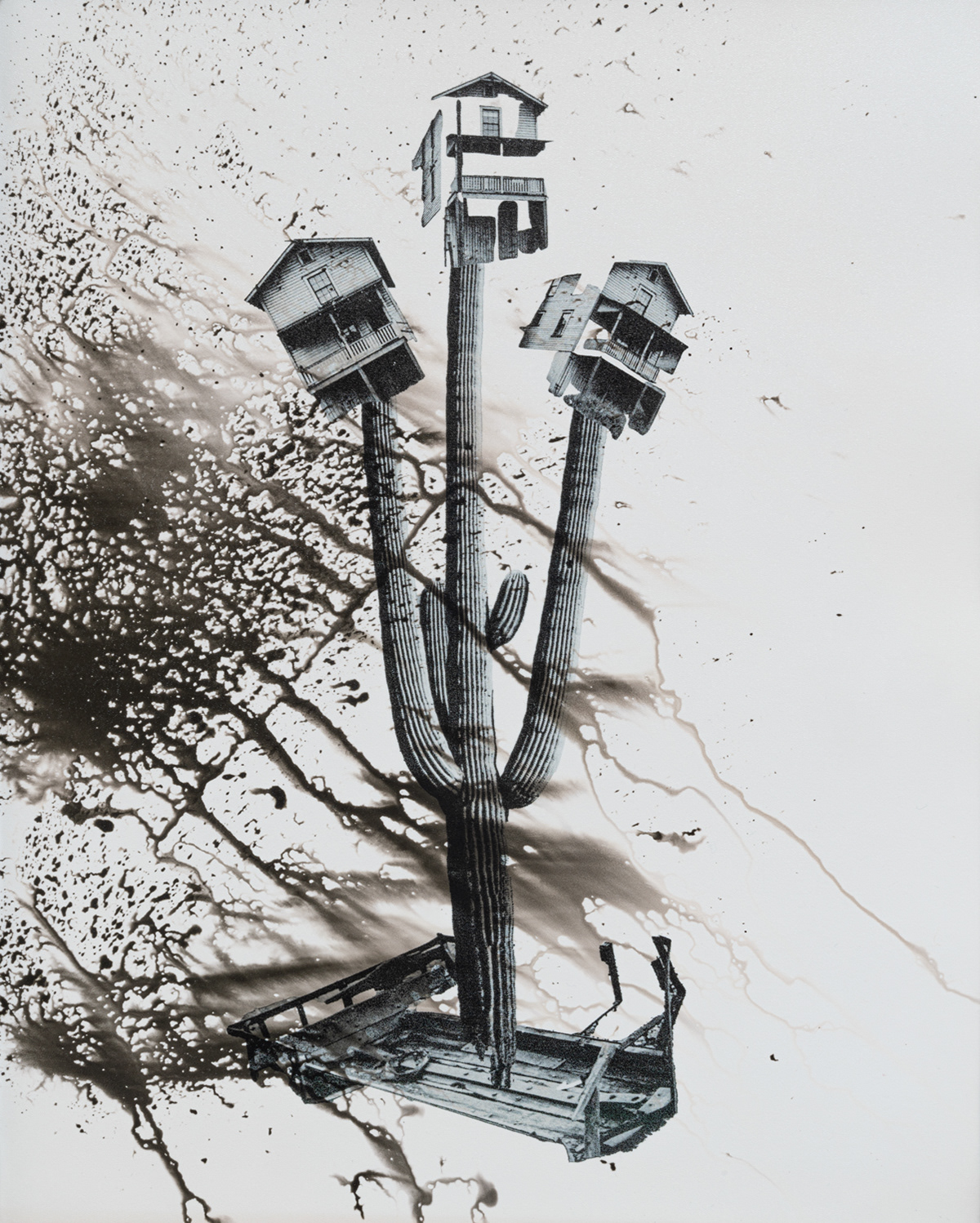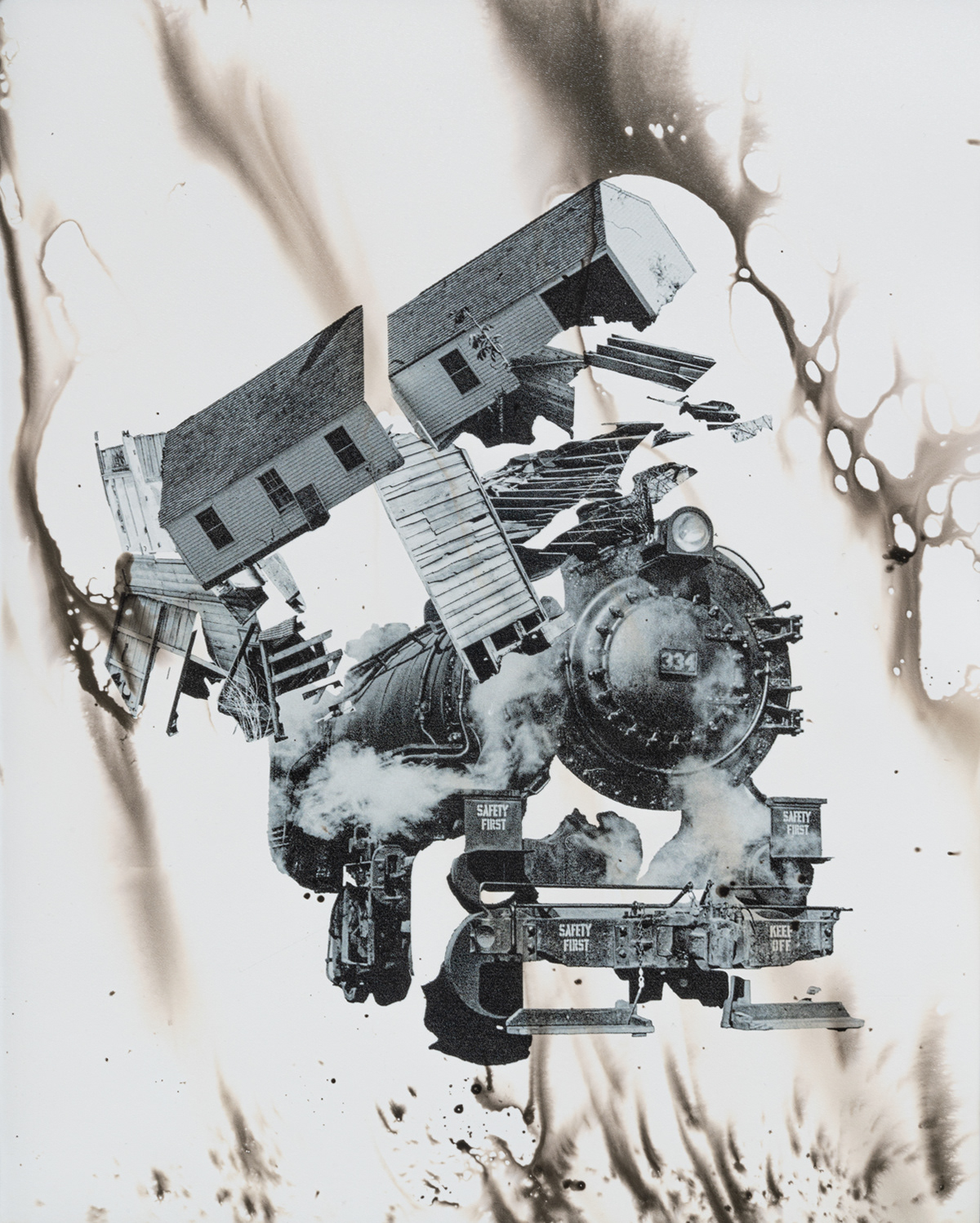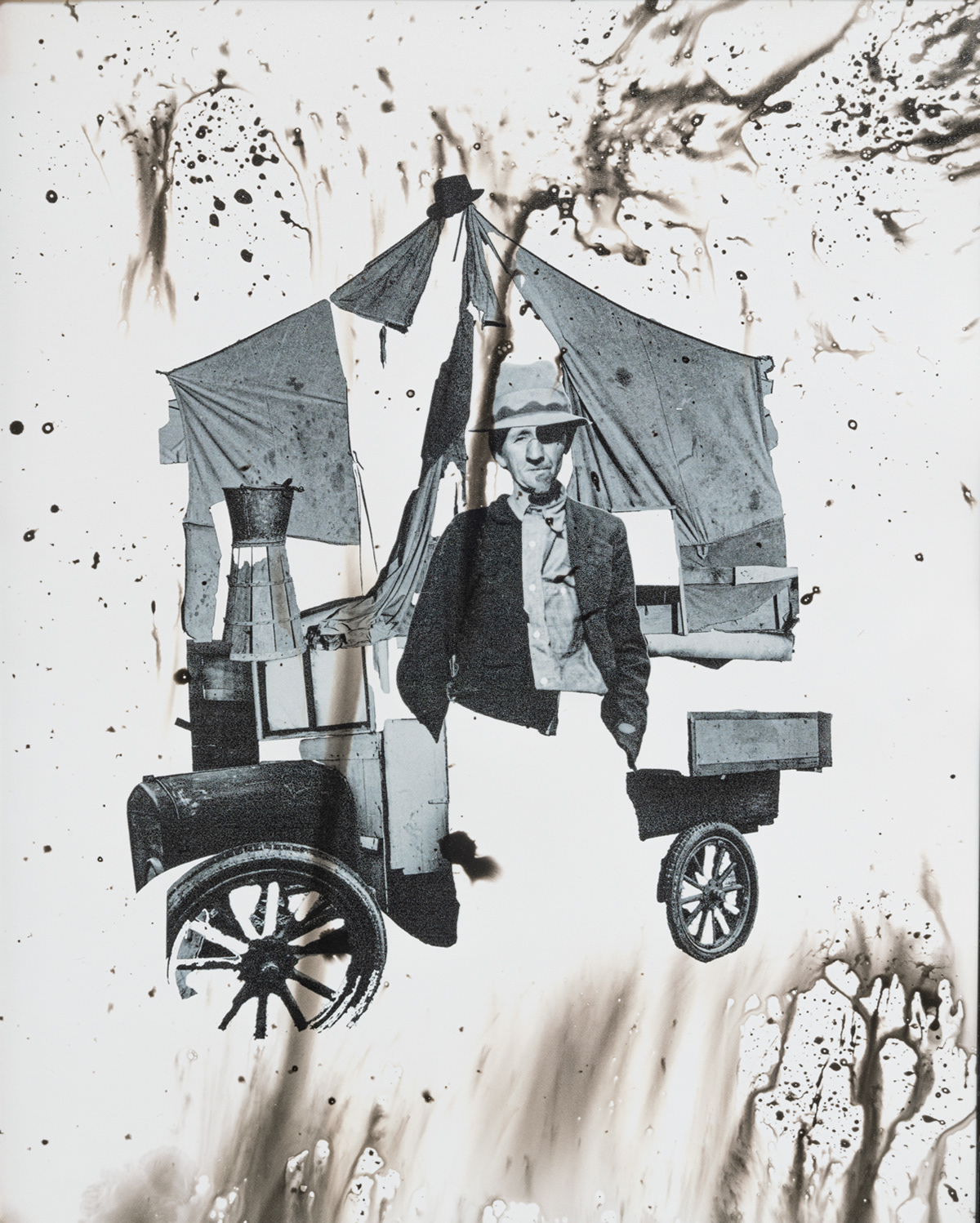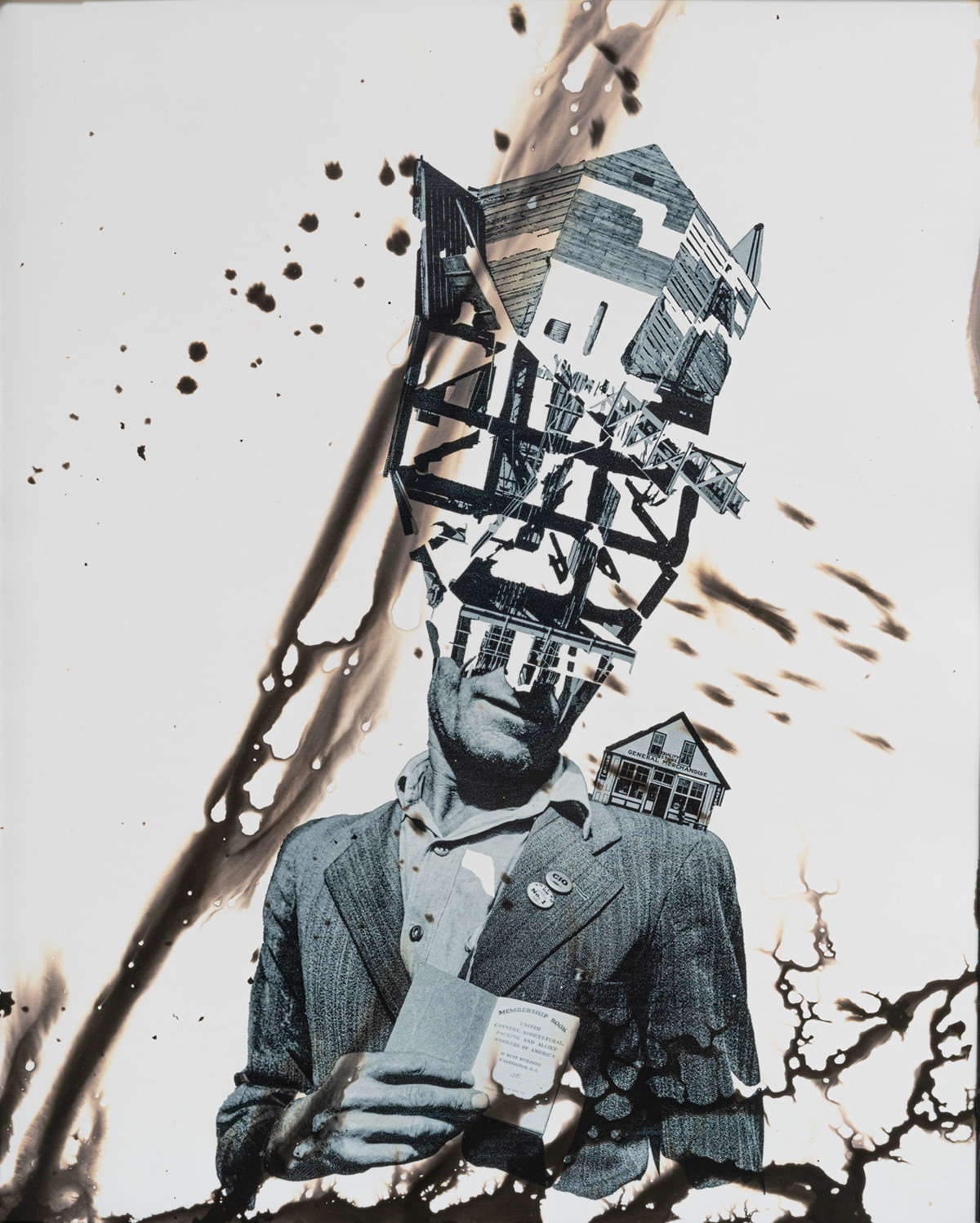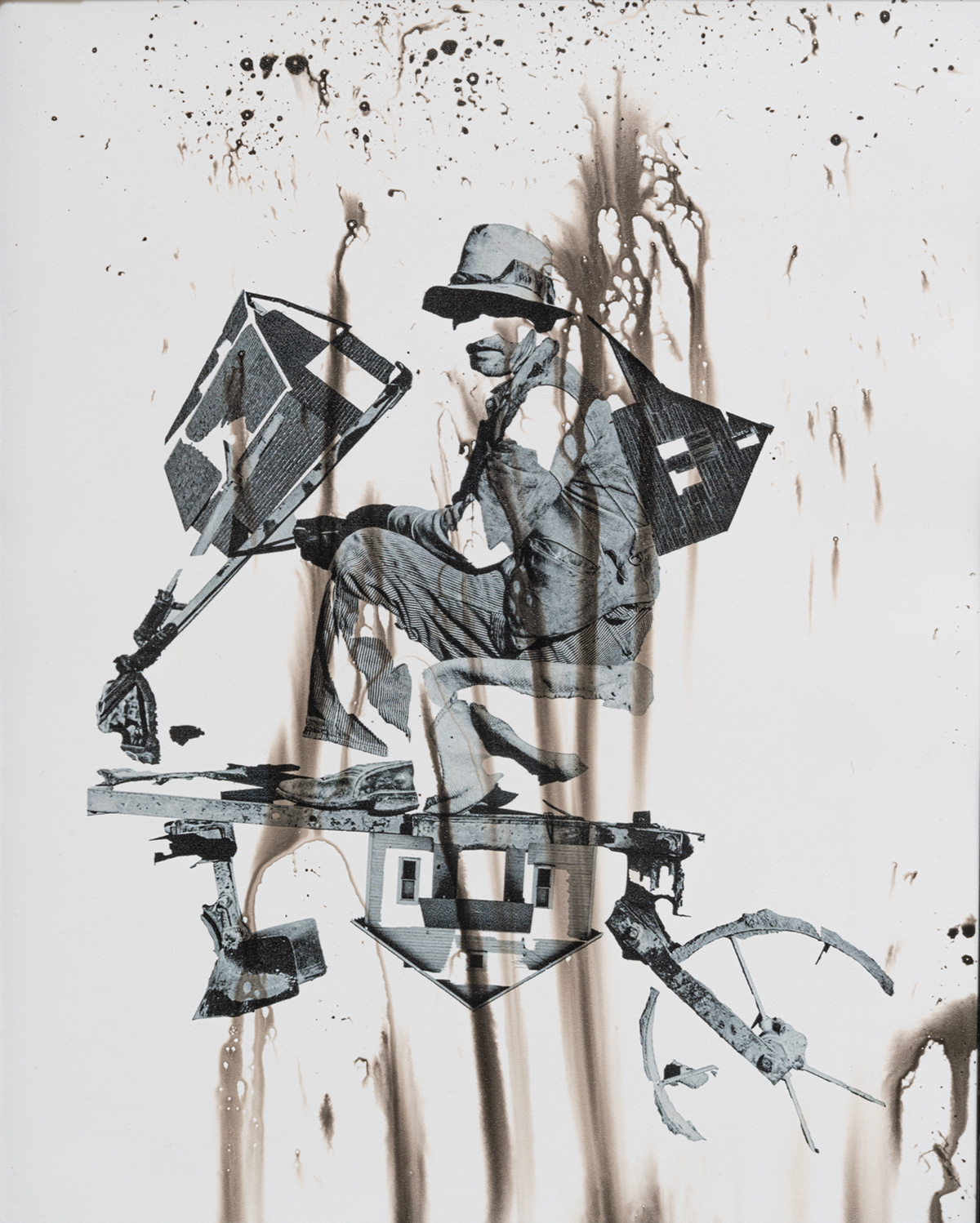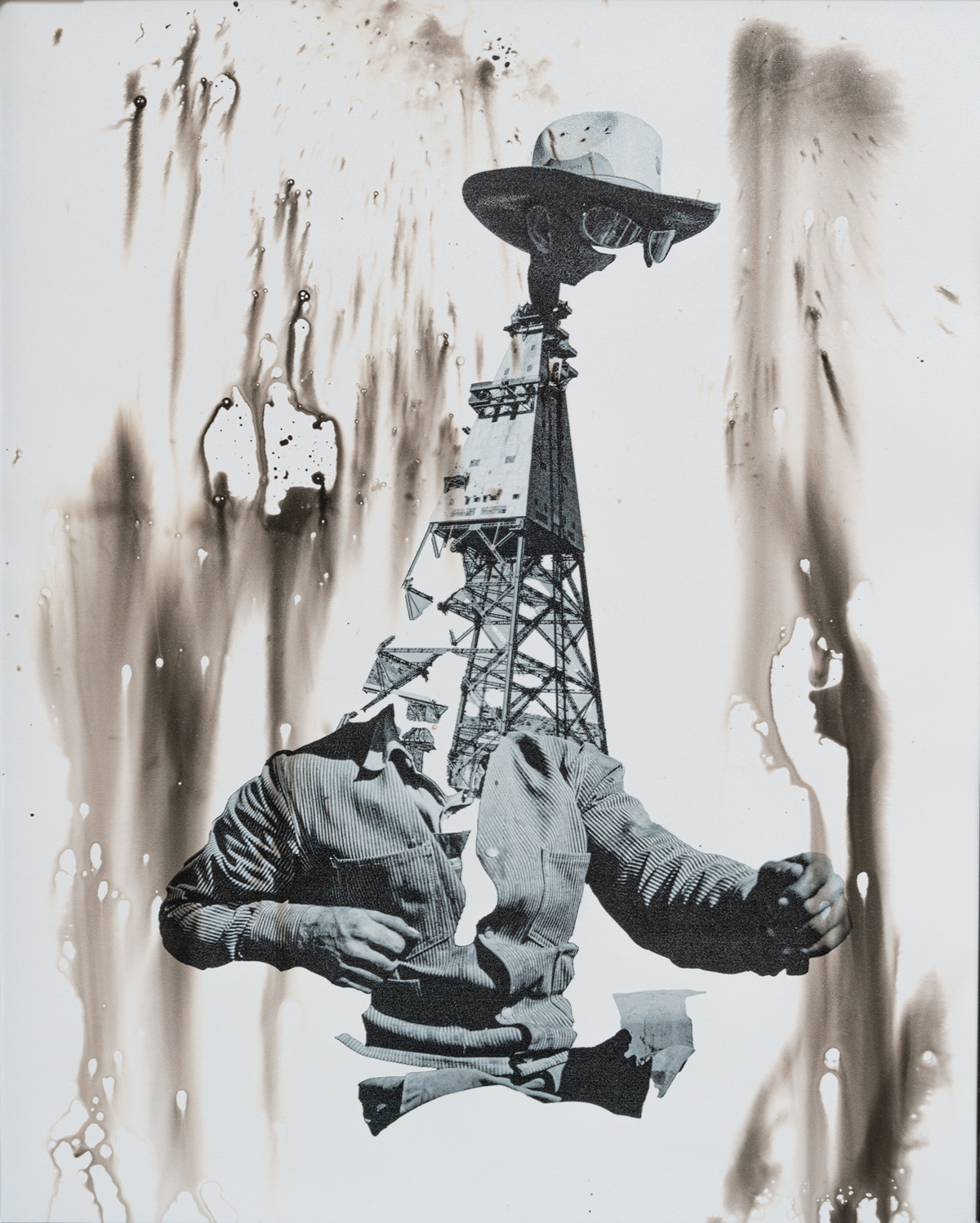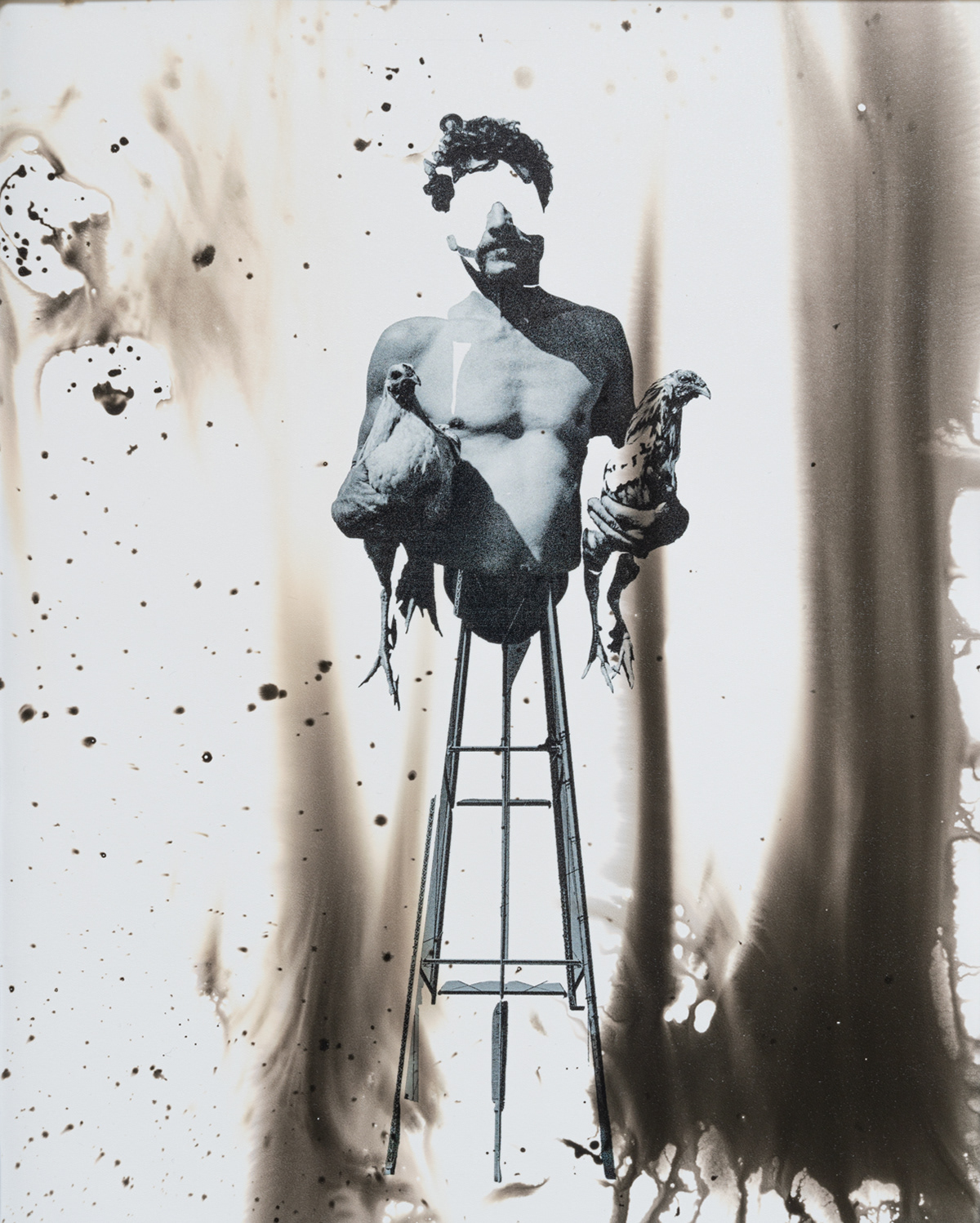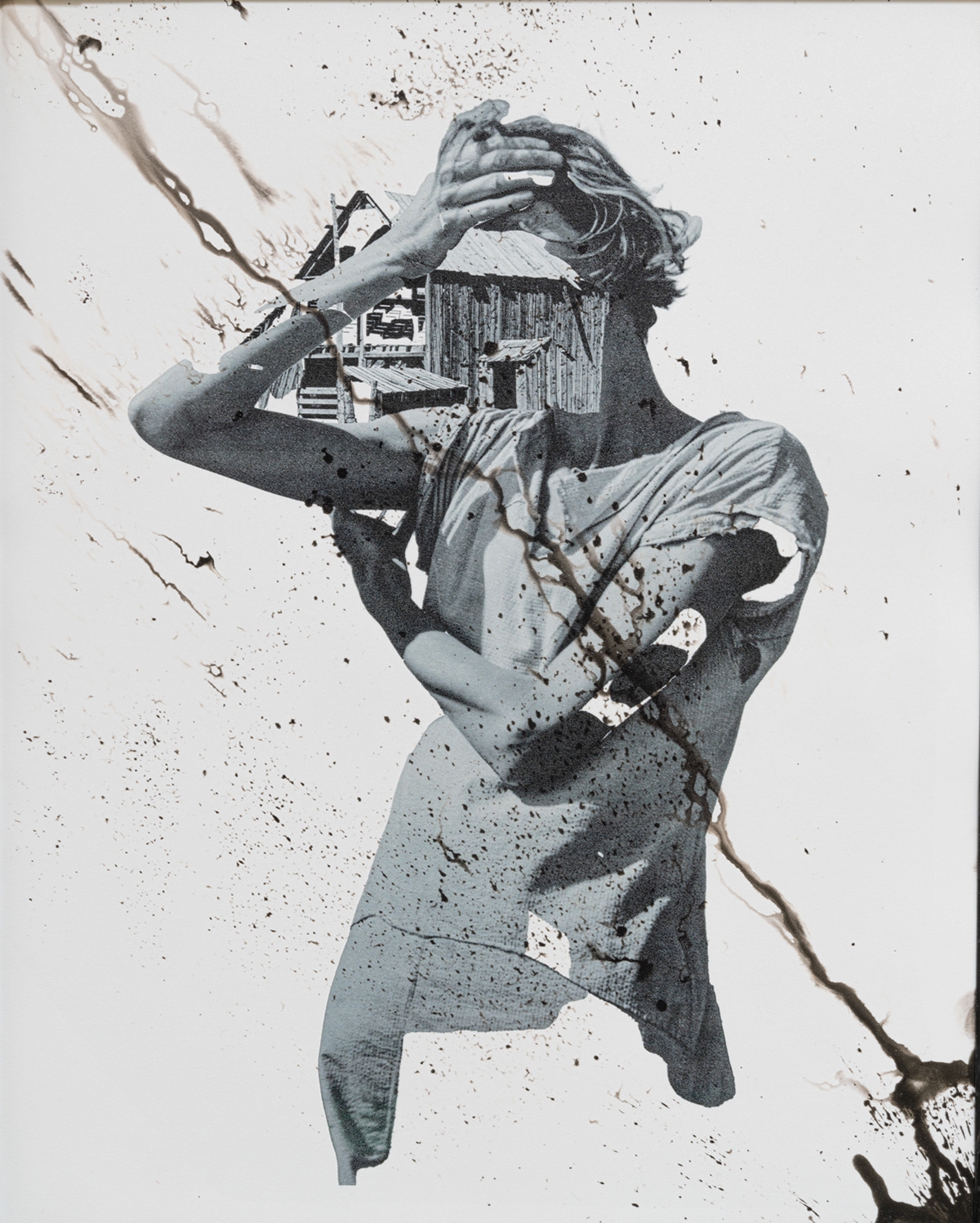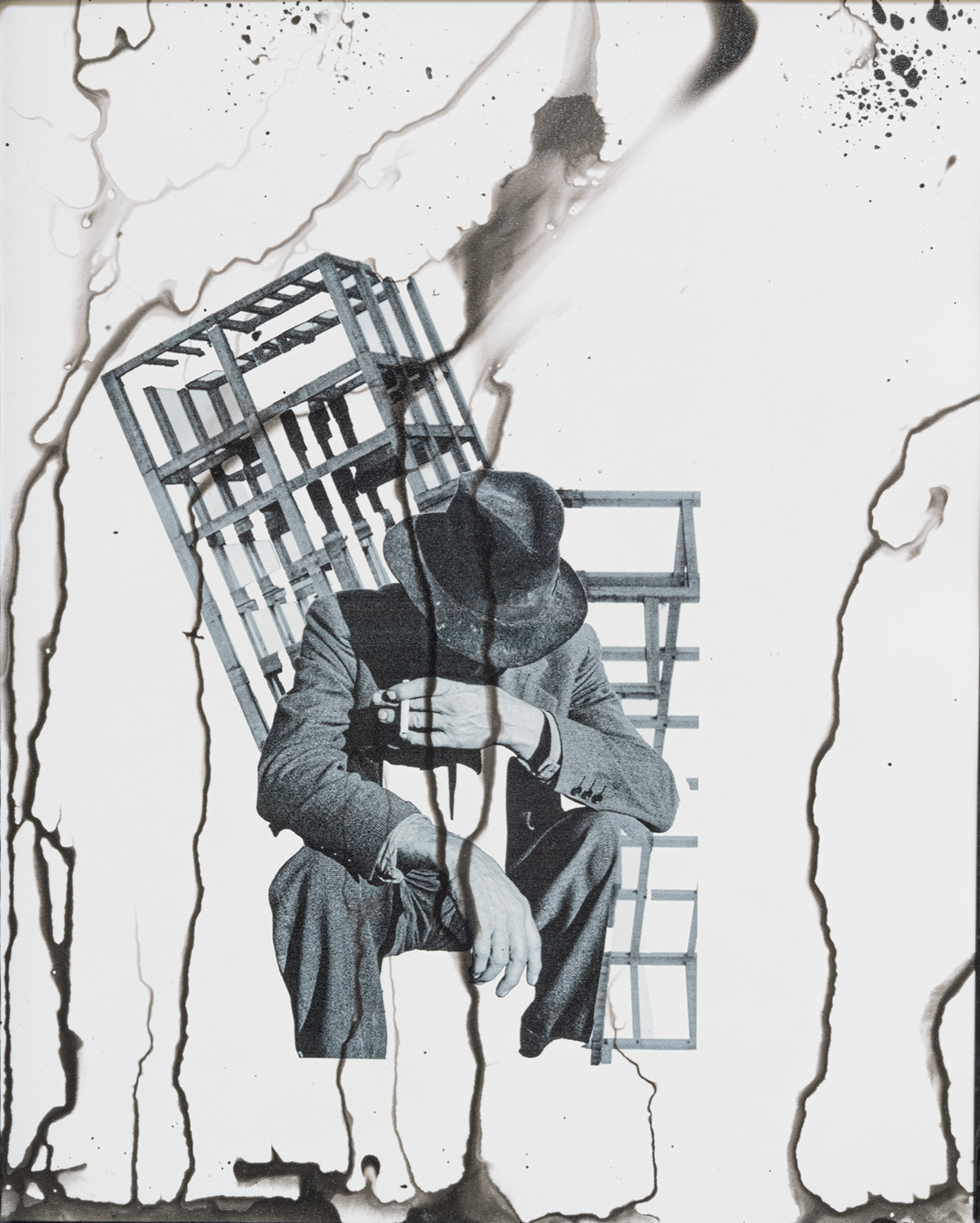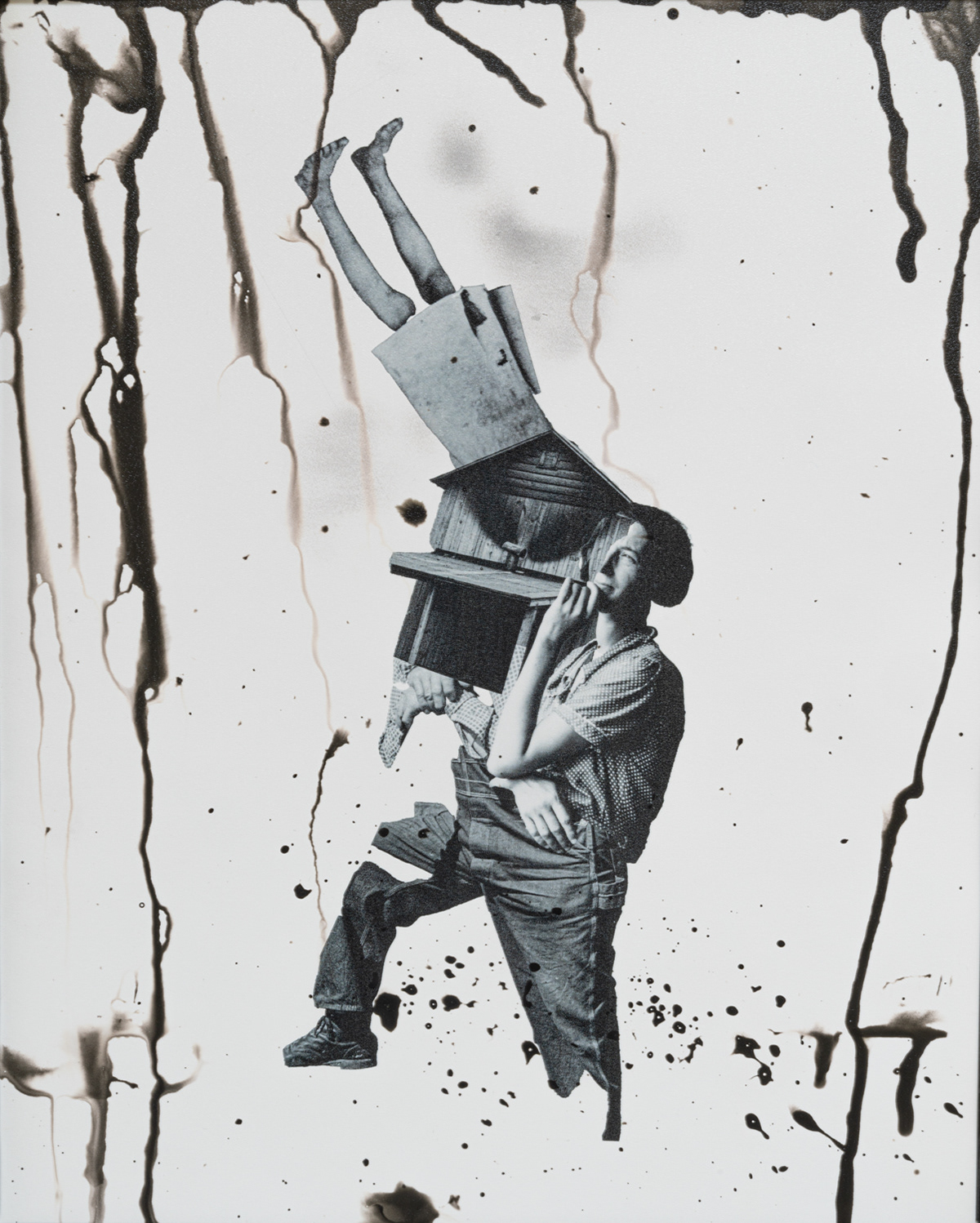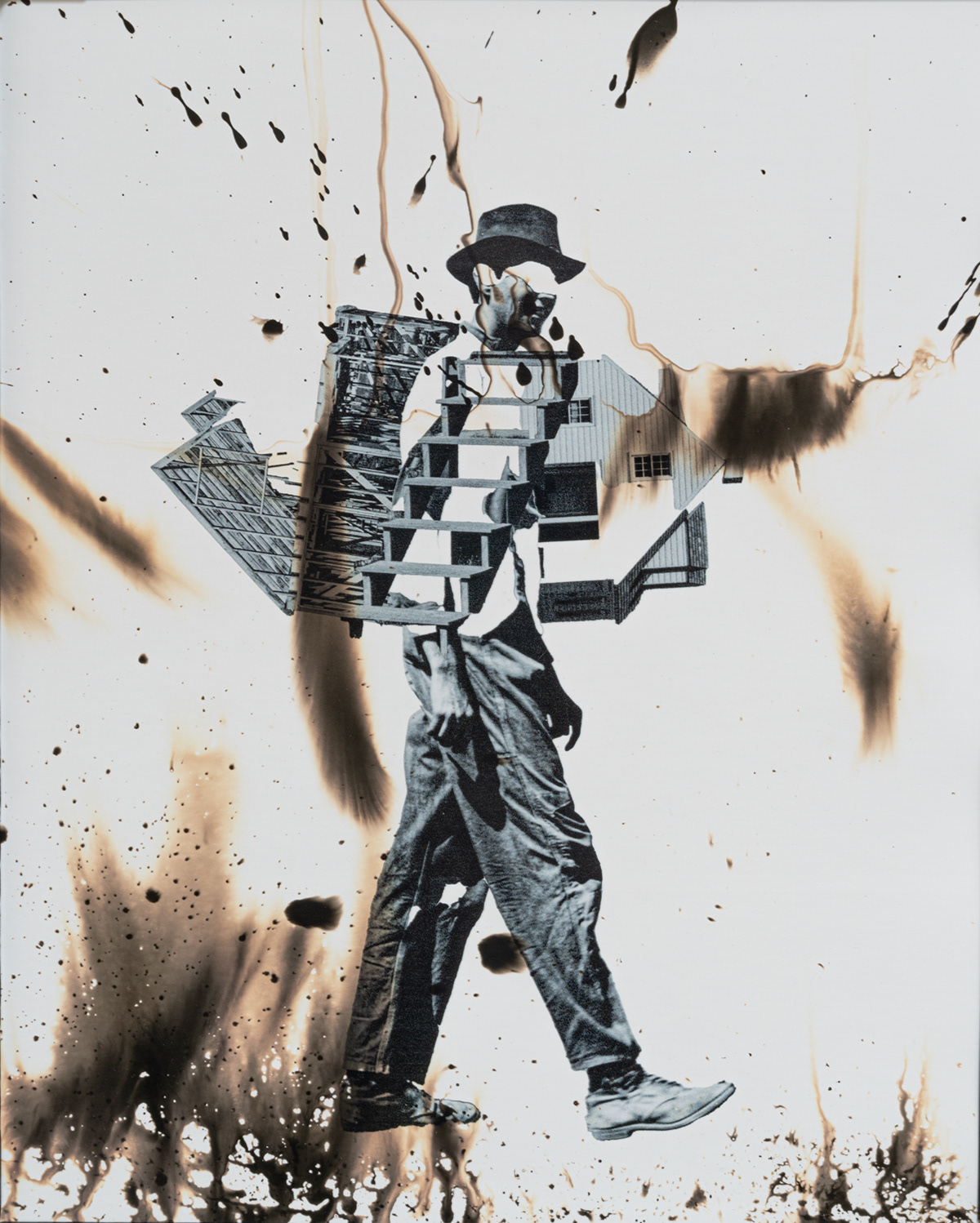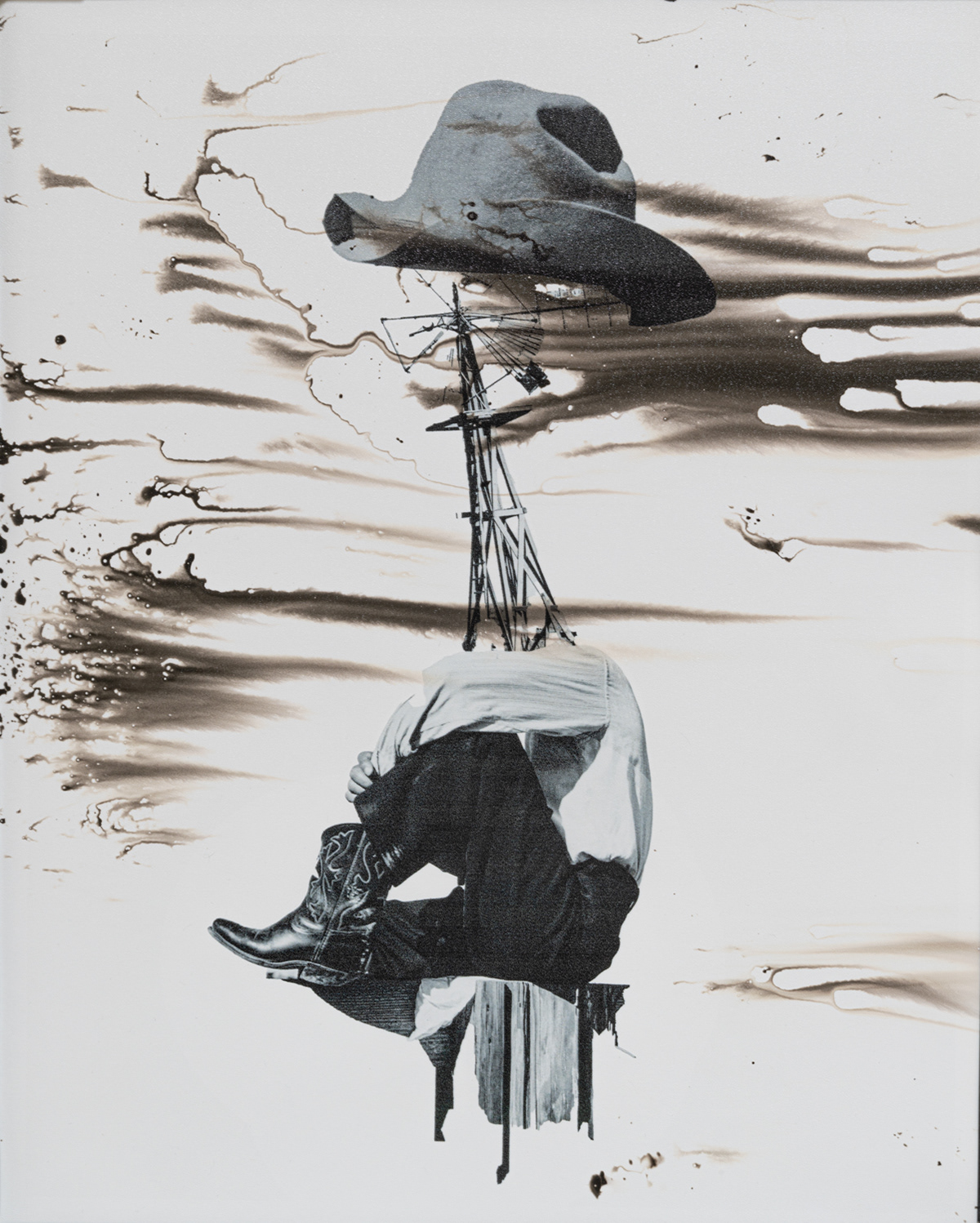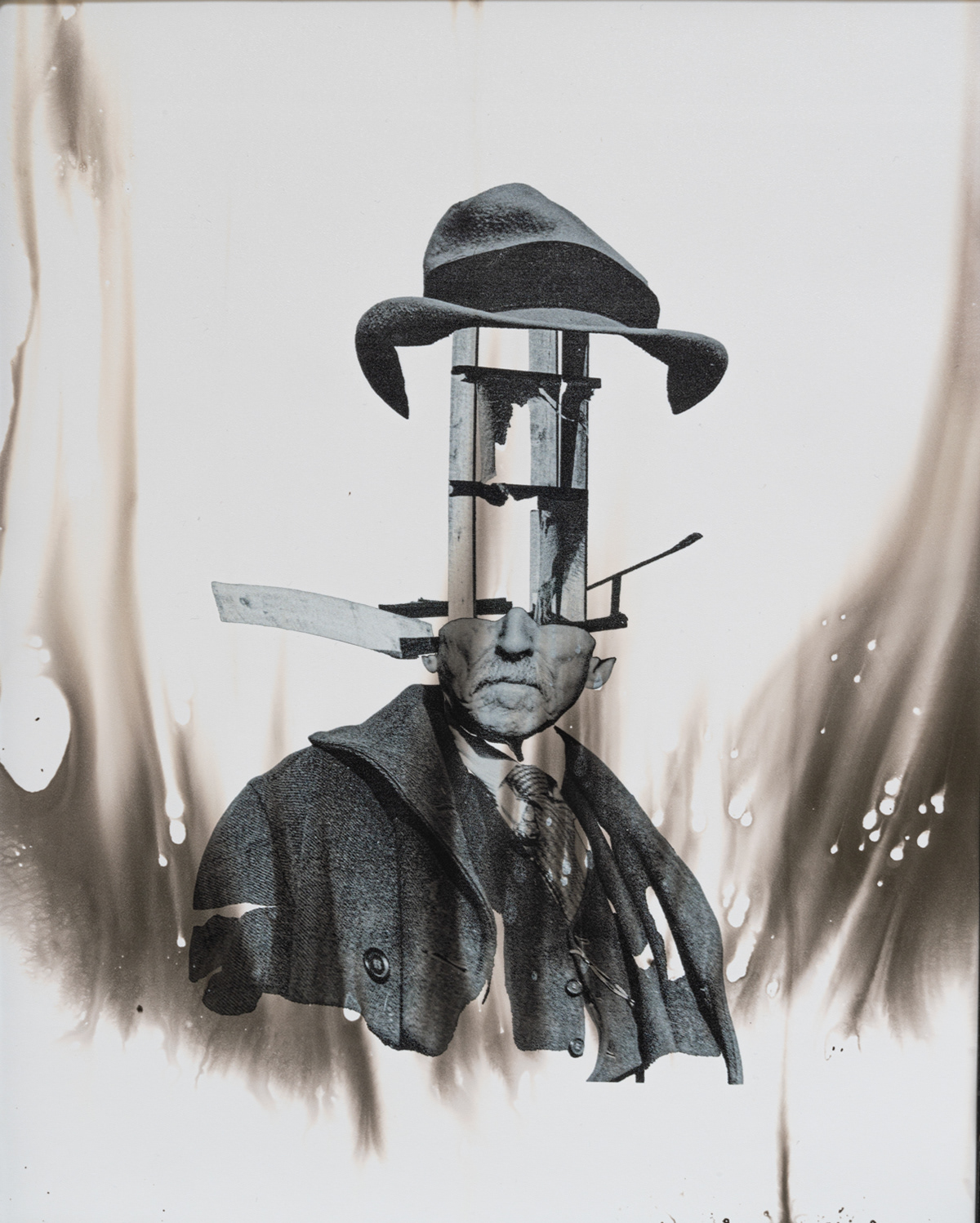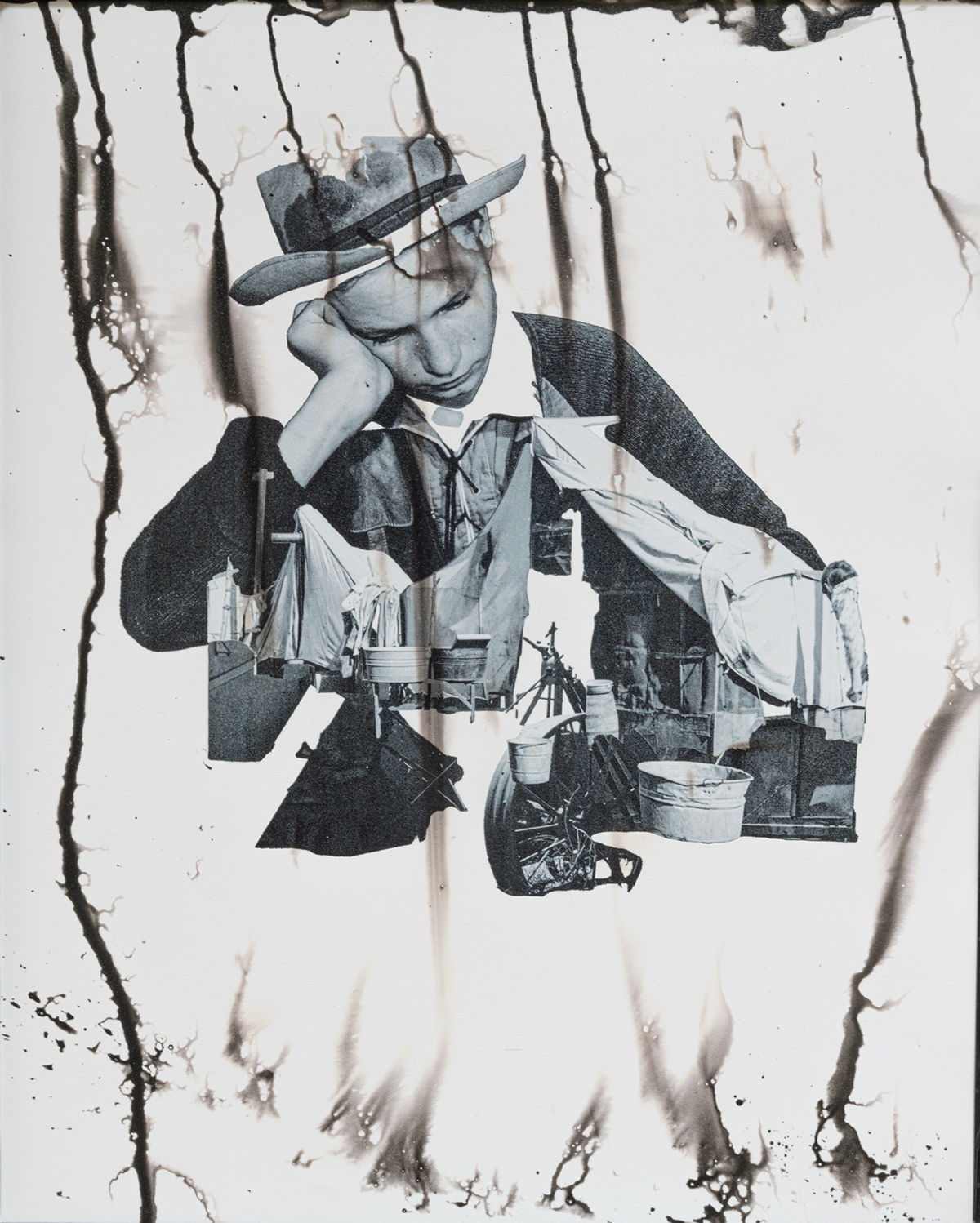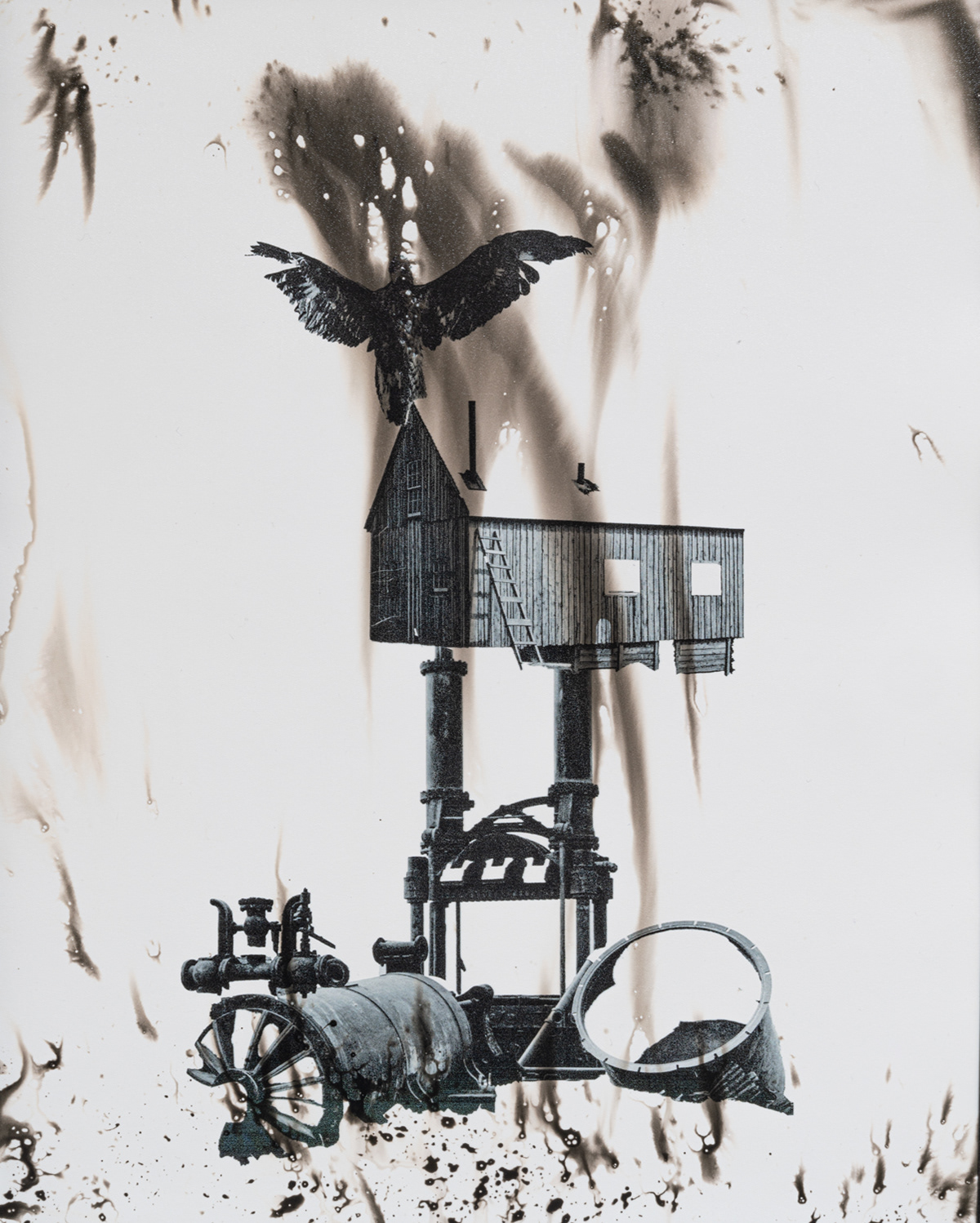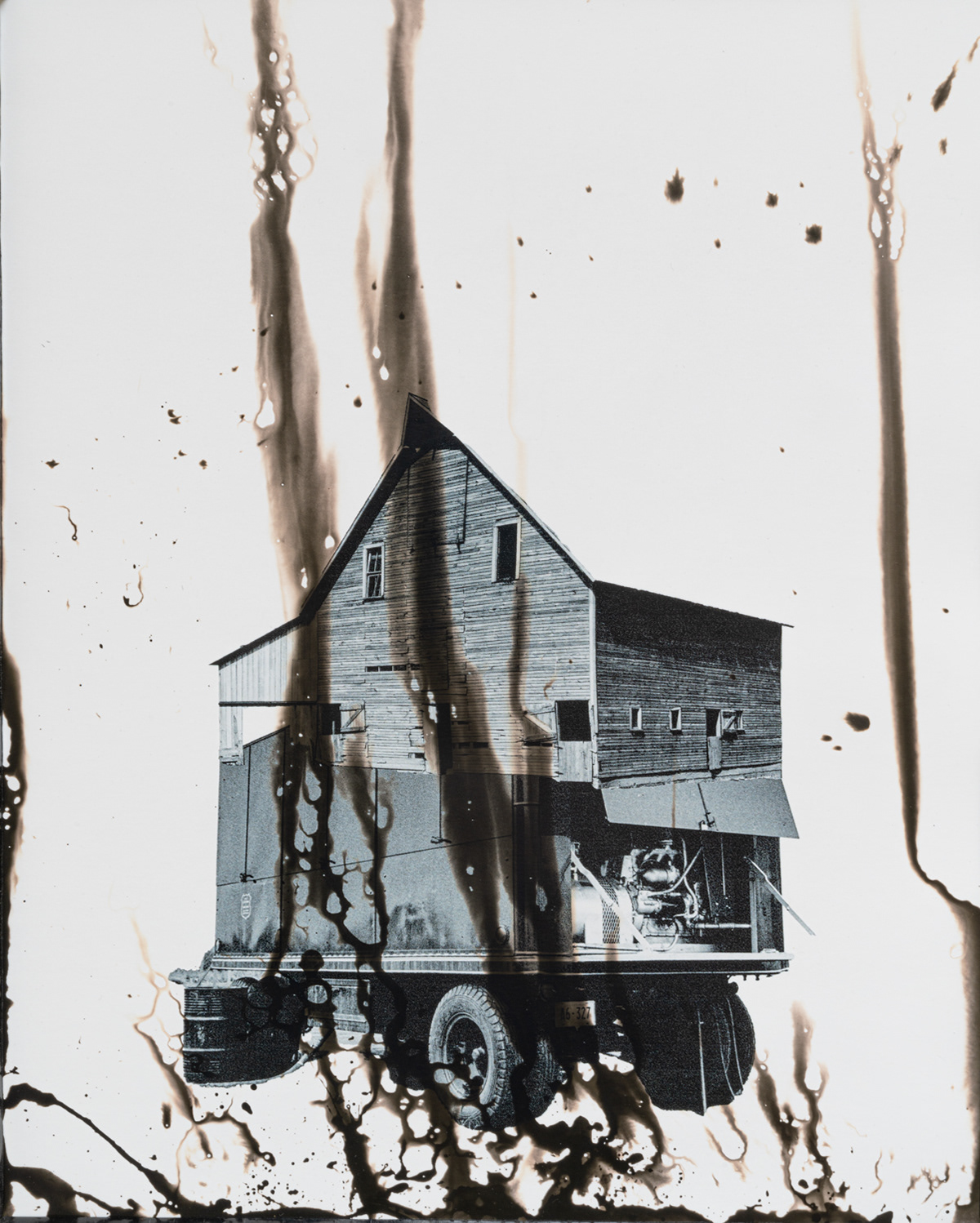The Bleached Skull of Steer on the Dry Sun-Baked Earth (2023)
These works are part of a long-term artistic study exploring the links between documentary photography, political communication, and propaganda. The focus is on the Farm Security Administration (FSA) photo archive from America during the Great Depression (1935-1943). Political context, media influence, and funding sources have shaped how photographers depict historical events, places, and figures. The FSA project is one of the world's largest archives of documentary photography, capturing a period of complex socio-political challenges in American society that was also infused with hope. The FSA photographic project was mainly created to support President Roosevelt's initiative to improve the mobility of disadvantaged rural populations—such as poor farmers, tenant farmers, sharecroppers, and migrant workers—by providing loans for farm purchases. During this period, the FSA faced political criticism as being "socialistic." Photographers were tasked with depicting not only the aftermath of the Depression but also emphasising the political urgency of the project.
Can we discuss the presence of direct propaganda within the FSA photo project? While it is difficult to define precisely, the launch of the FSA project was fundamentally aimed at reinforcing specific political ideas and persuading both the public and political opponents. Although we may never fully assess this visual archive's impact on past political developments and contemporary documentary photography, we can recognise that most FSA photographs do not reveal complete social or private histories.
Within the FSA archive, we can observe the harsh realities of the Great Depression, arrange images chronologically, trace photographers' routes and shooting periods, and follow the publication history of these photos. Yet, can these photographic arrangements illuminate connections between the individuals depicted and the collective phenomena of the time or reveal intimate personal experiences? How does the FSA photo archive define the reality of that period in America?
It is overly ambitious to expect these photos to fully represent reality. However, the FSA archive demonstrates significant political narratives of the Depression era, portraying "ordinary people" in a paternalistic manner while also serving as a record of socioeconomic changes and political communication methods.
My collages focus on deconstructing and reconstructing photographs from the FSA archive into new visual constellations. I am mainly interested in critically examining the meanings of the original photographs and their indexical connection to representations of both private and collective tragedies. My central research question explores whether, as a society, we can form meaningful relationships with past narratives, enabling collective learning and integrating memories and trauma into our self-identity.
All works are silver gelatine chemigrams used as a base for archival pigment ink prints. All works are unique prints (edition 1 of 1). Sizes 24 x 30cm. Total amount of works -71.
